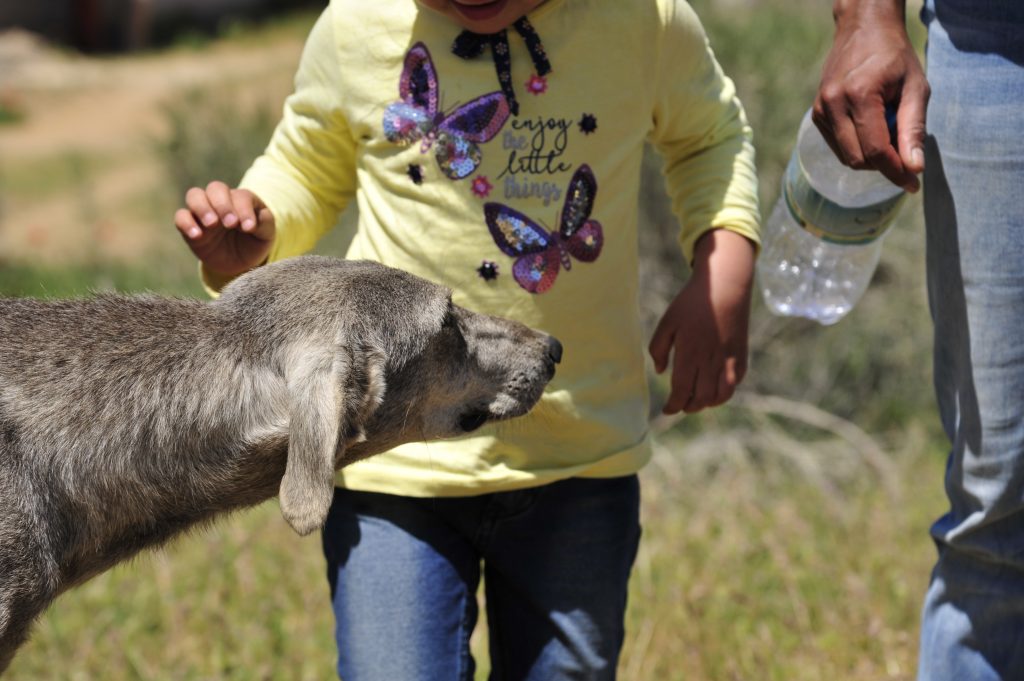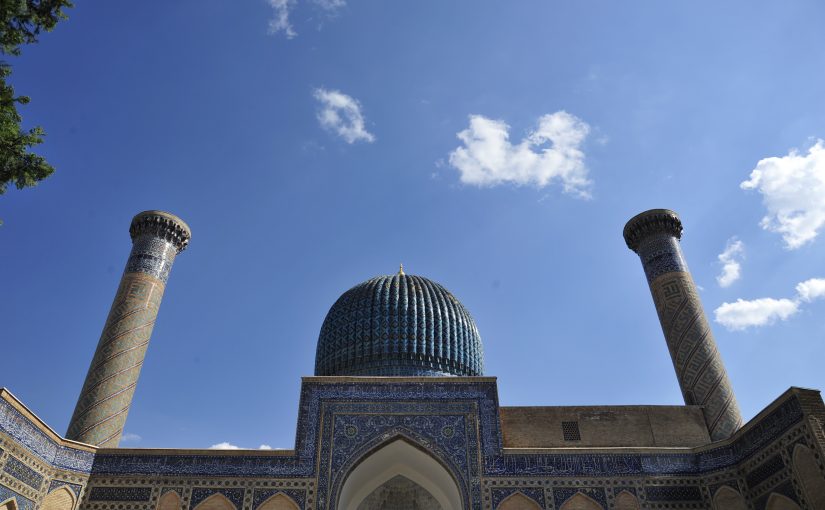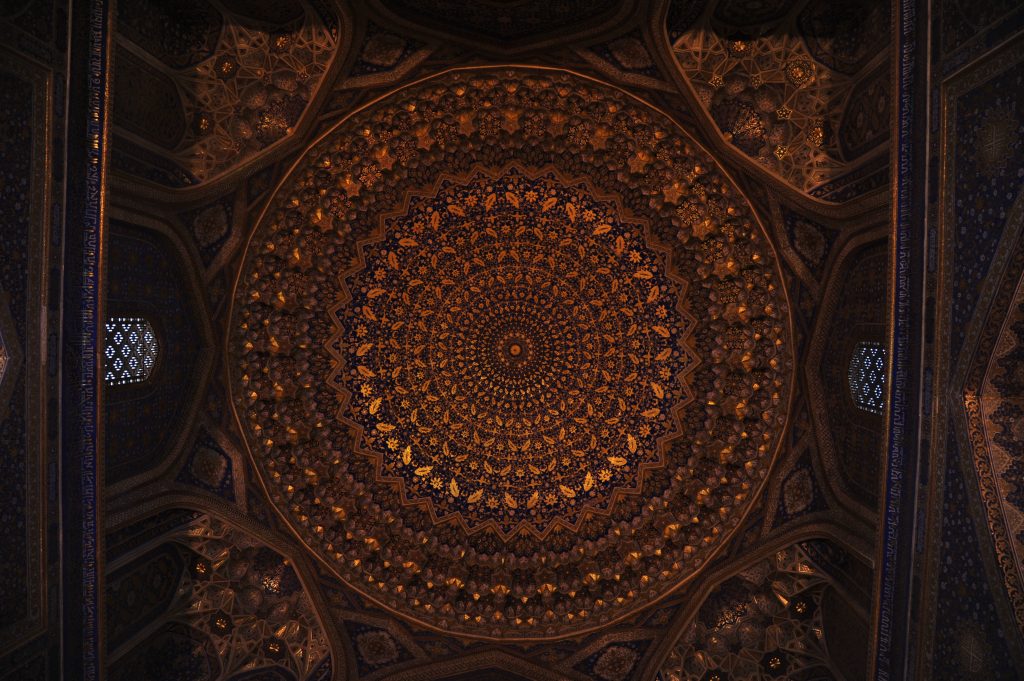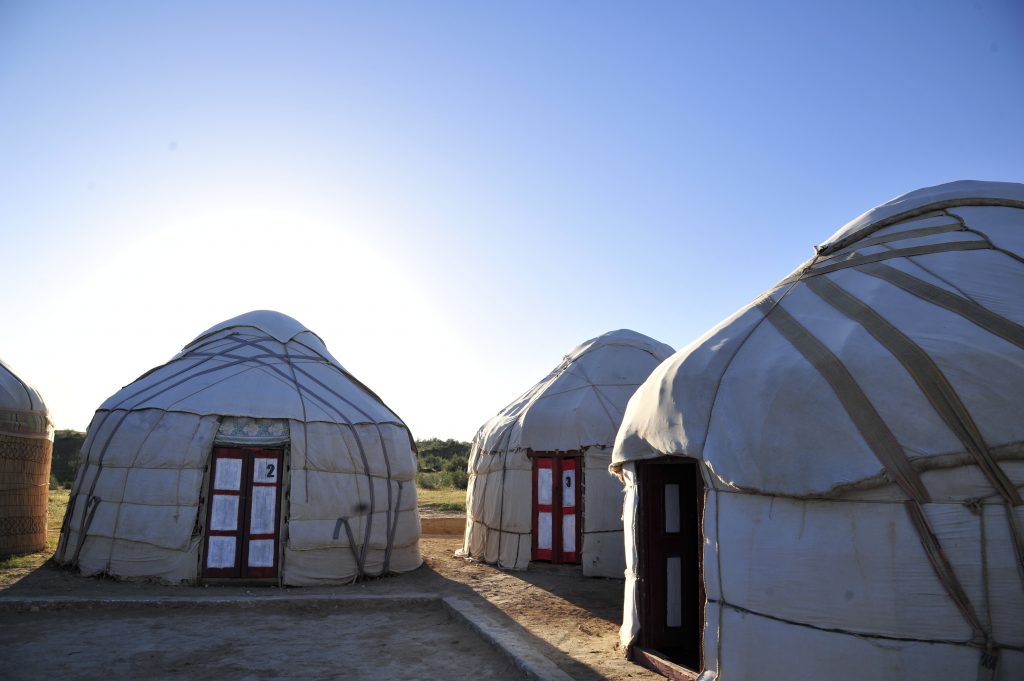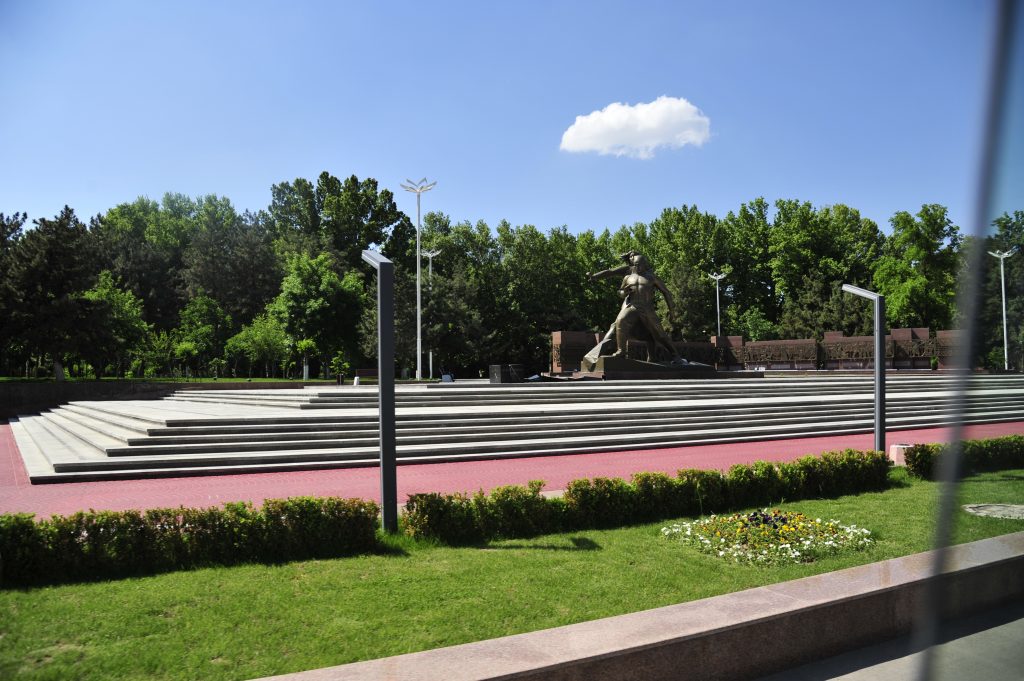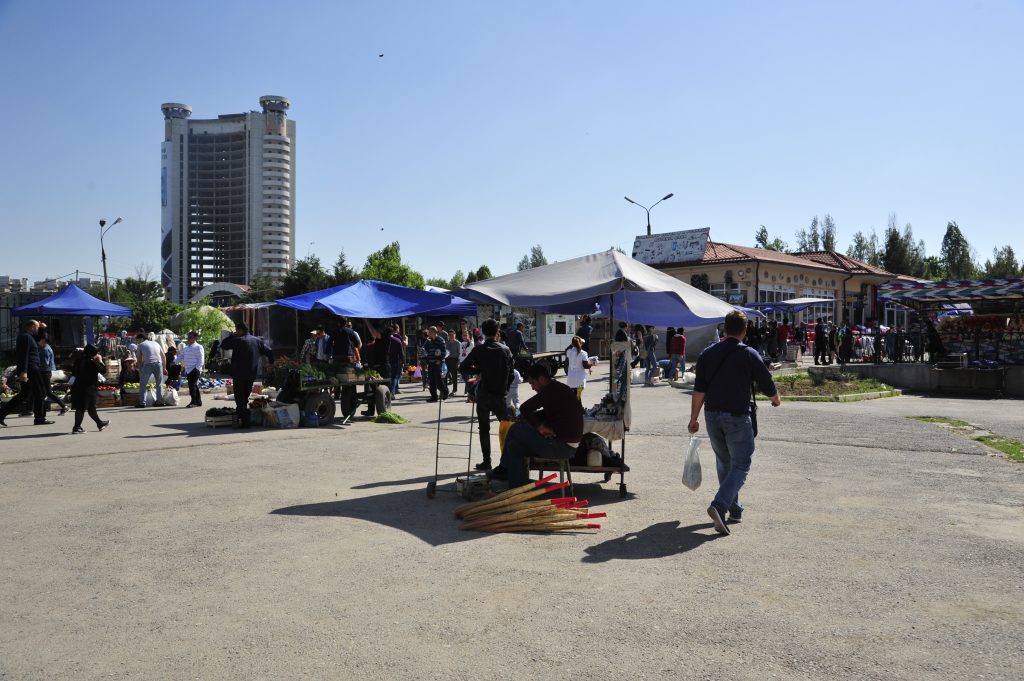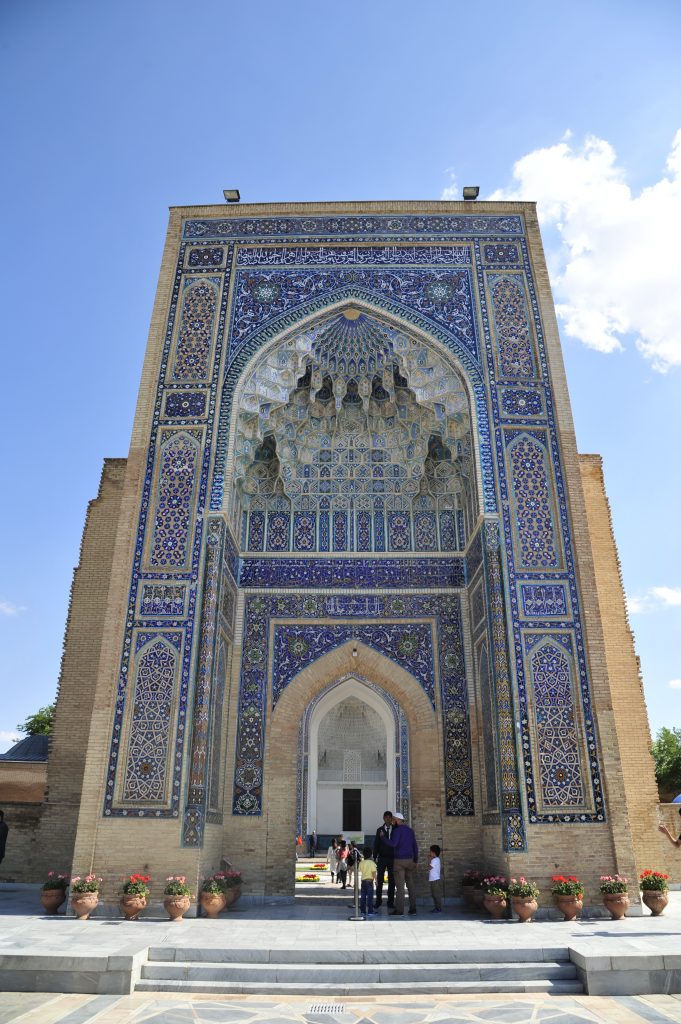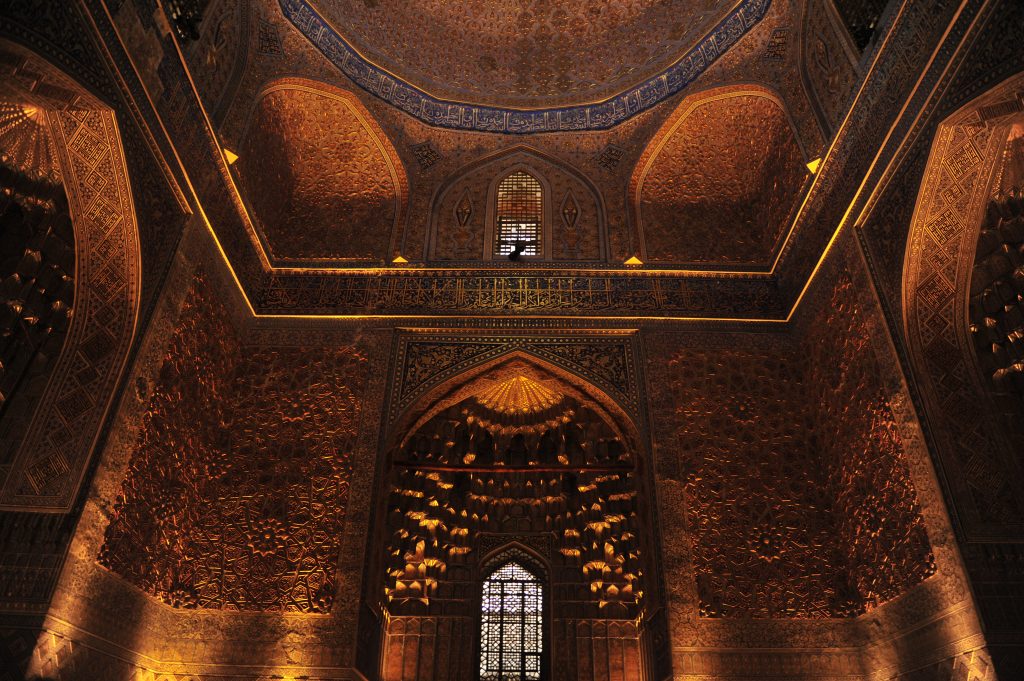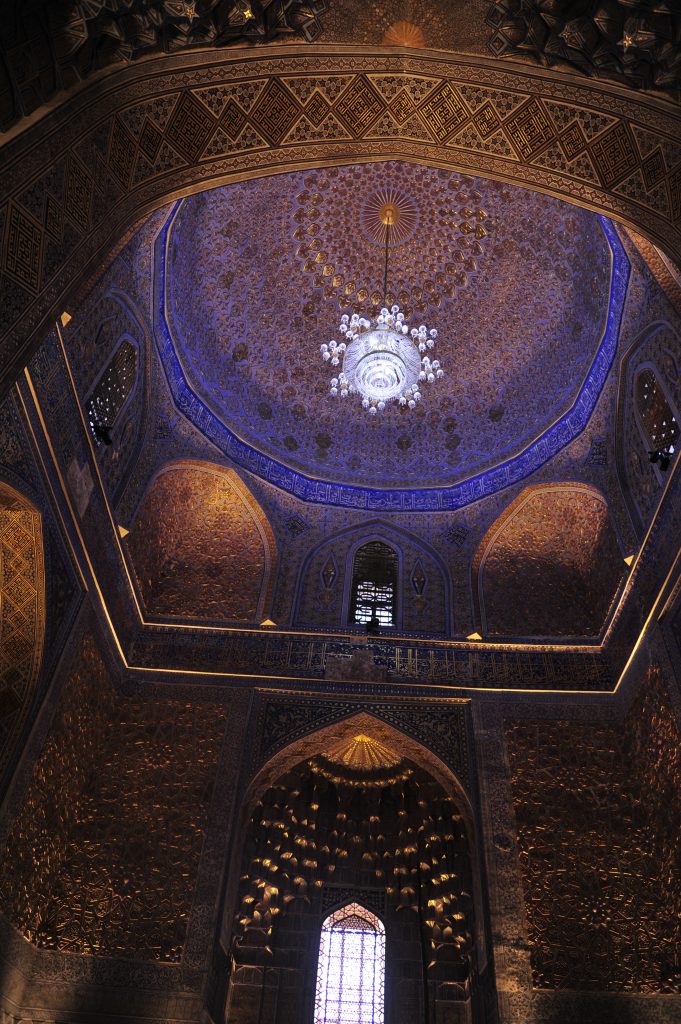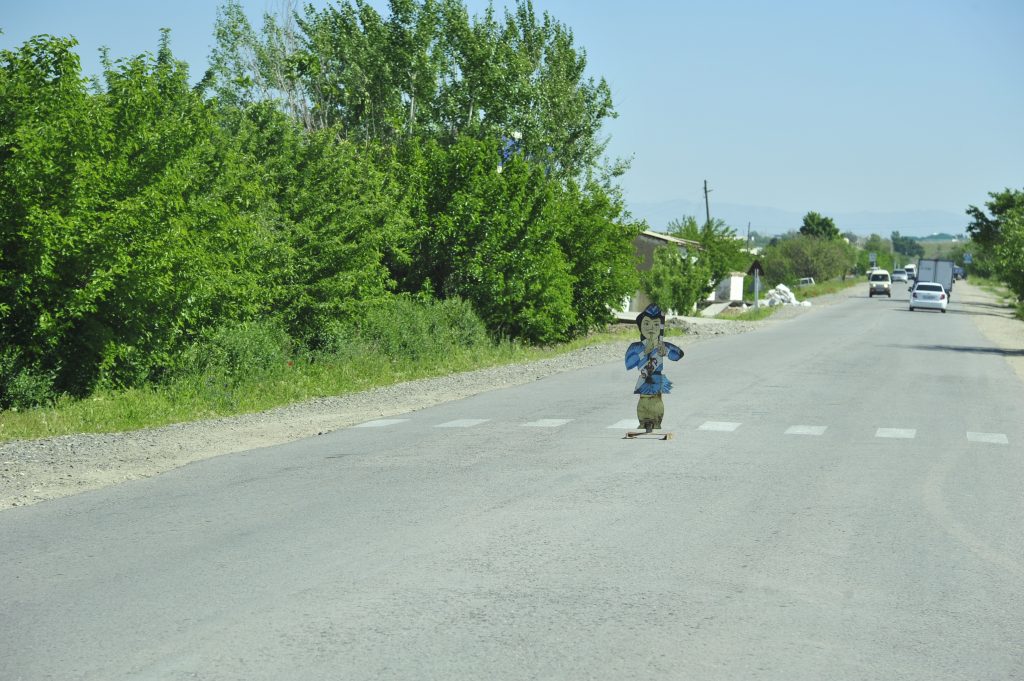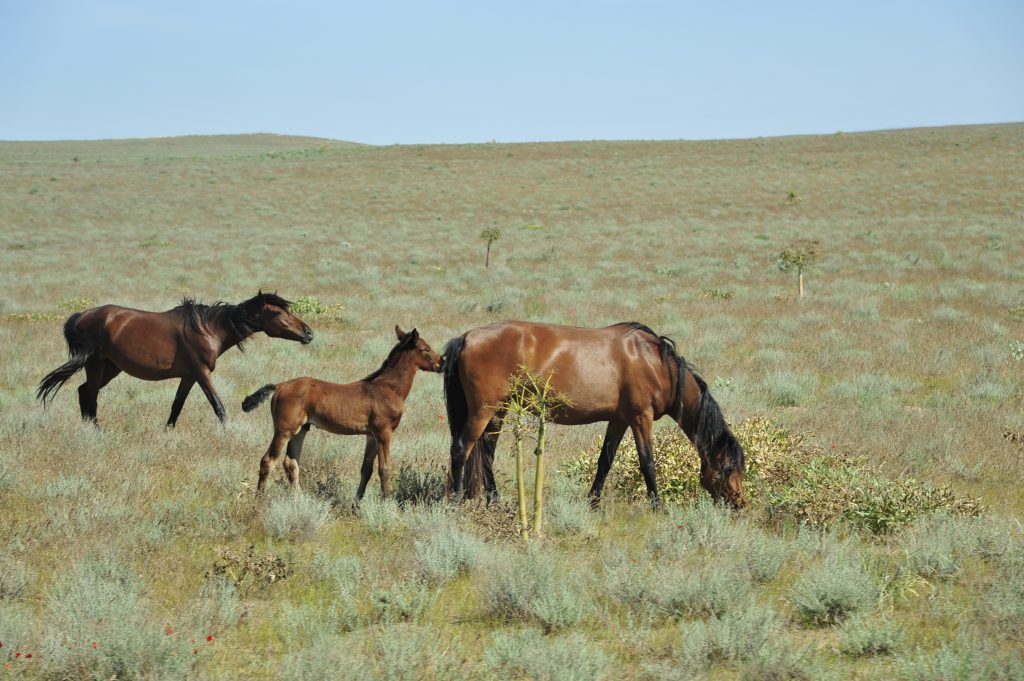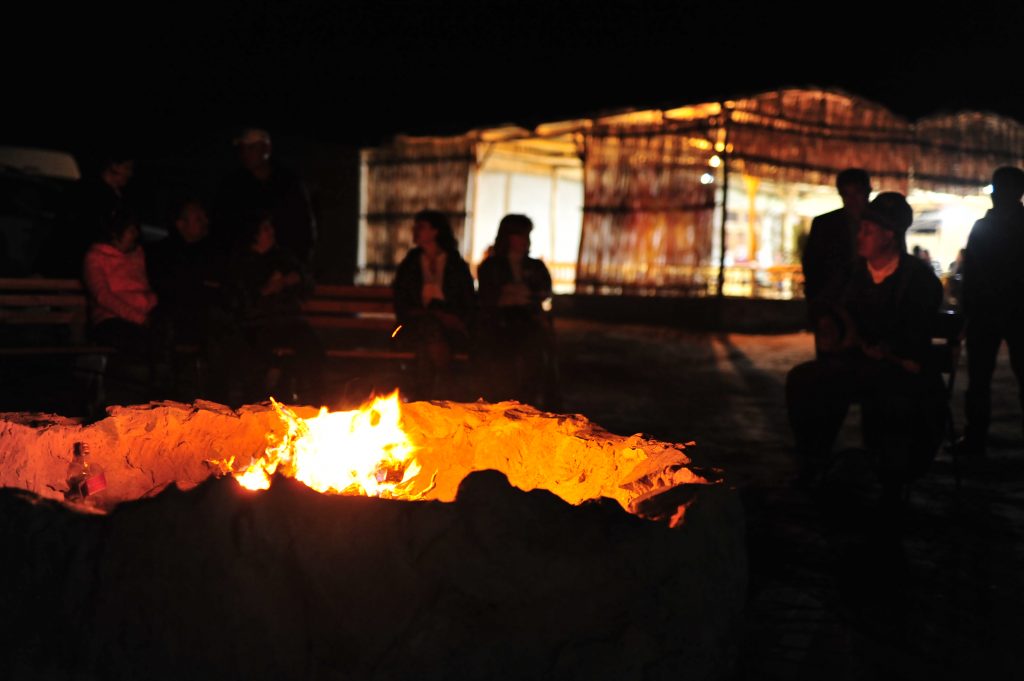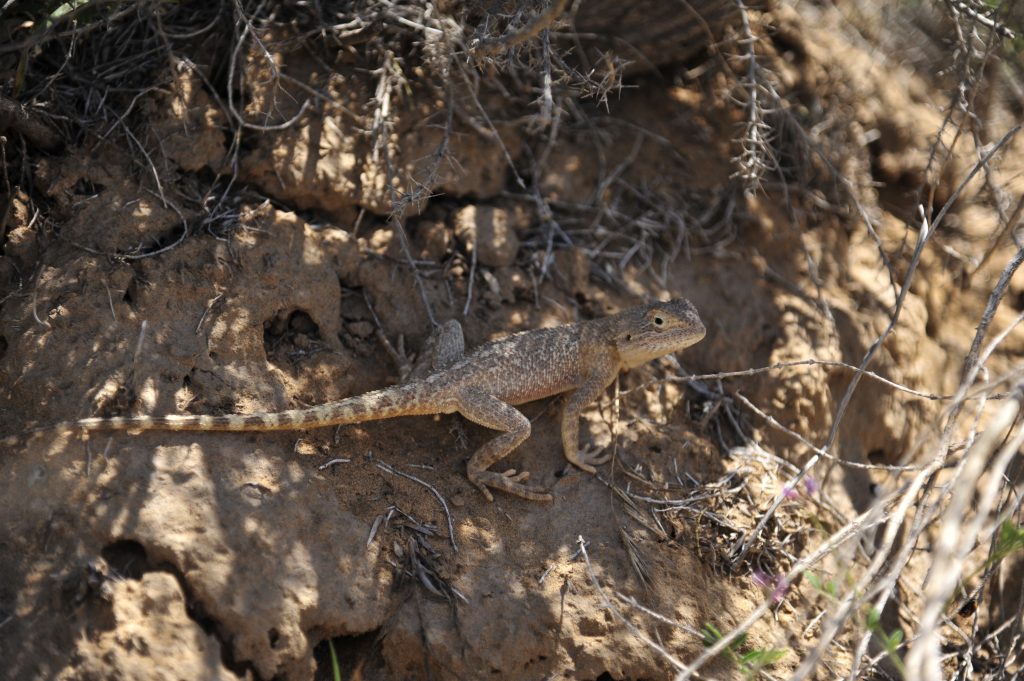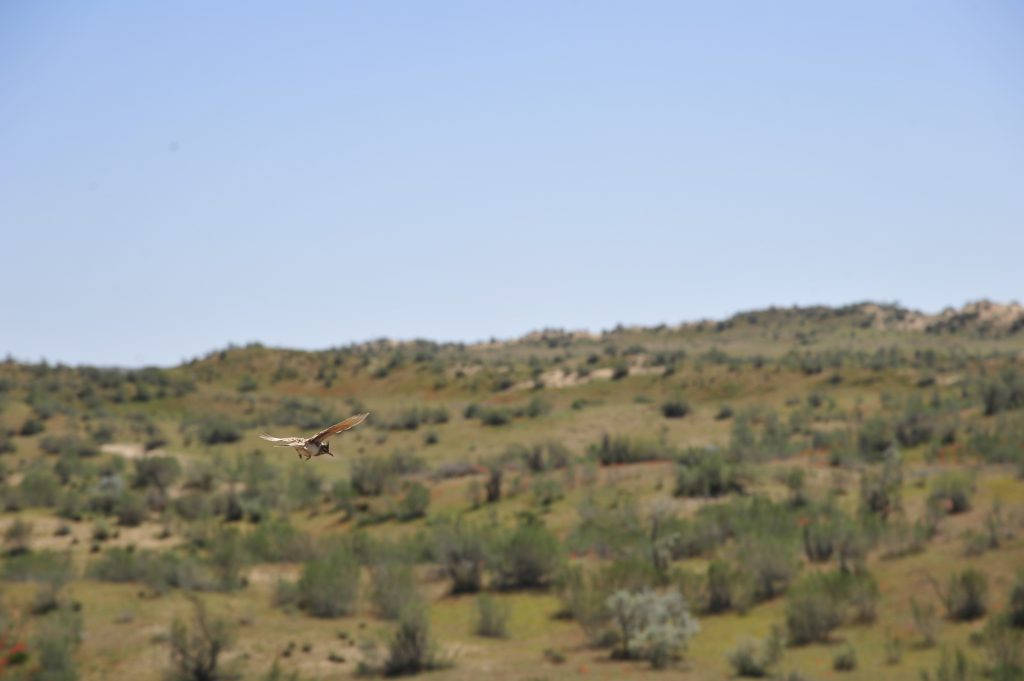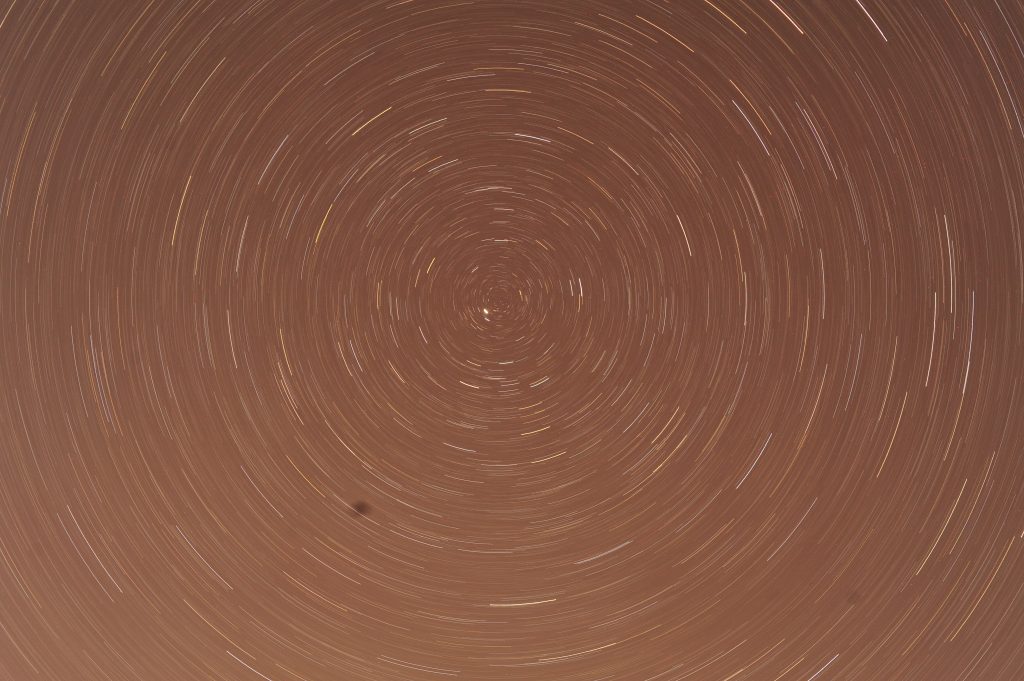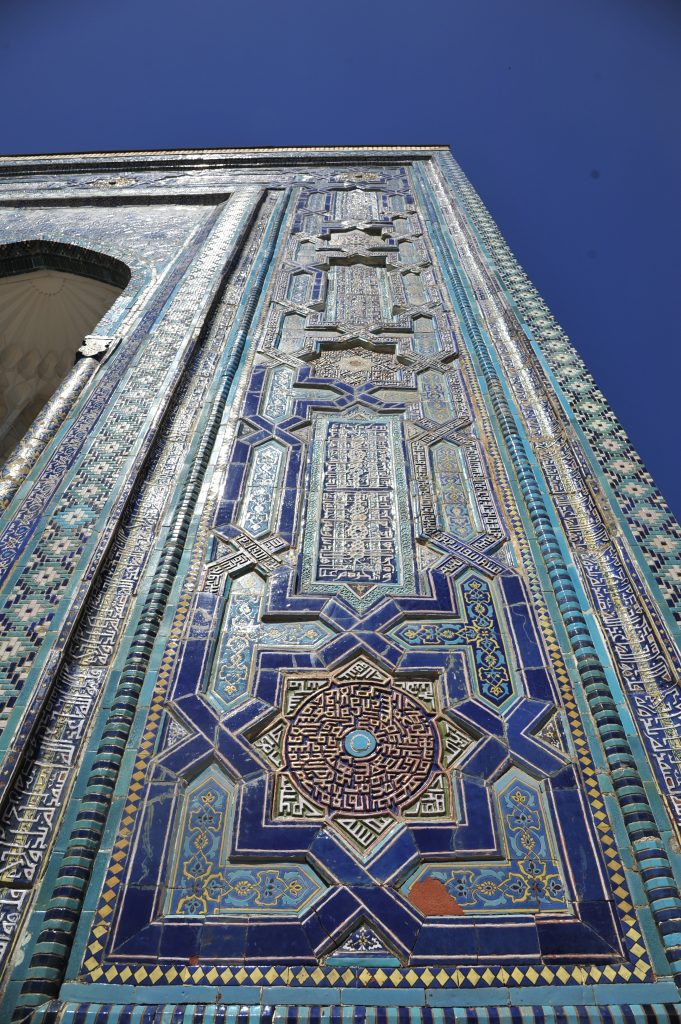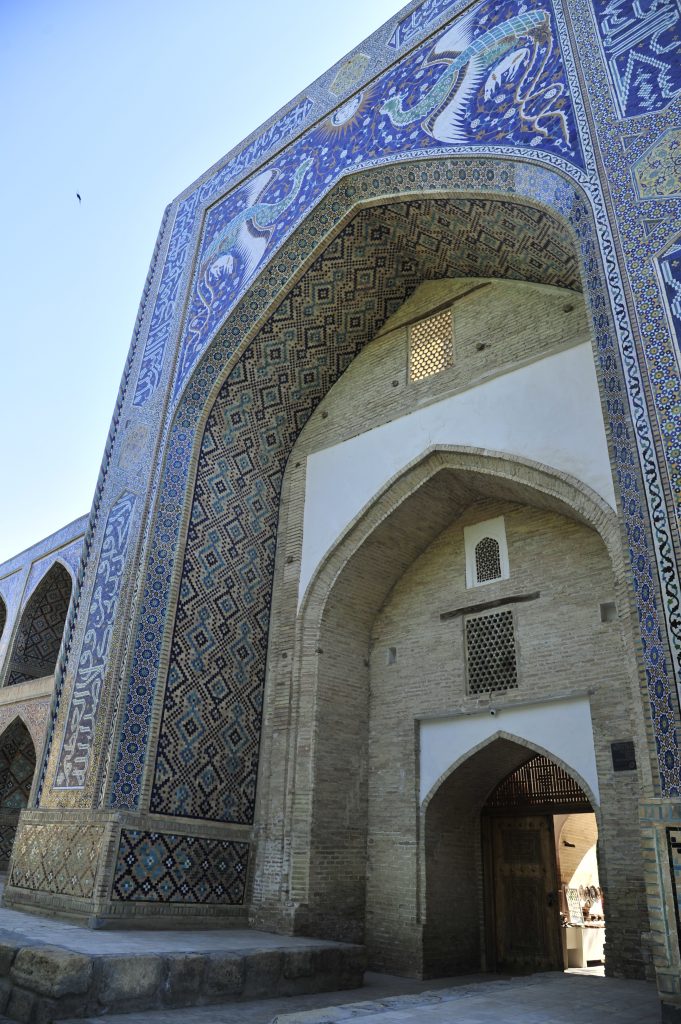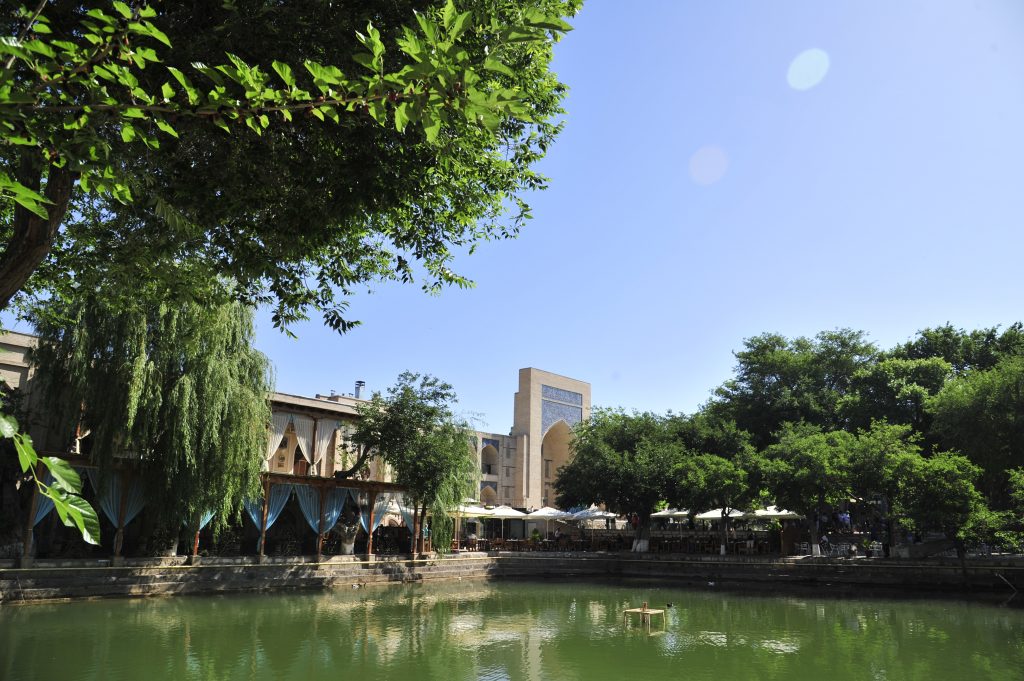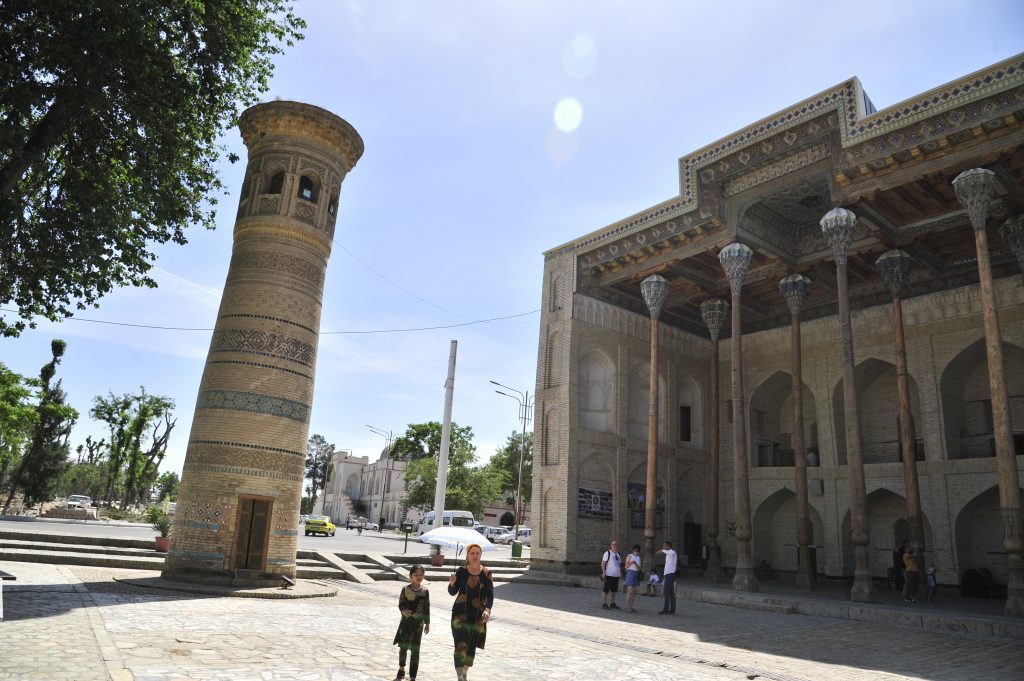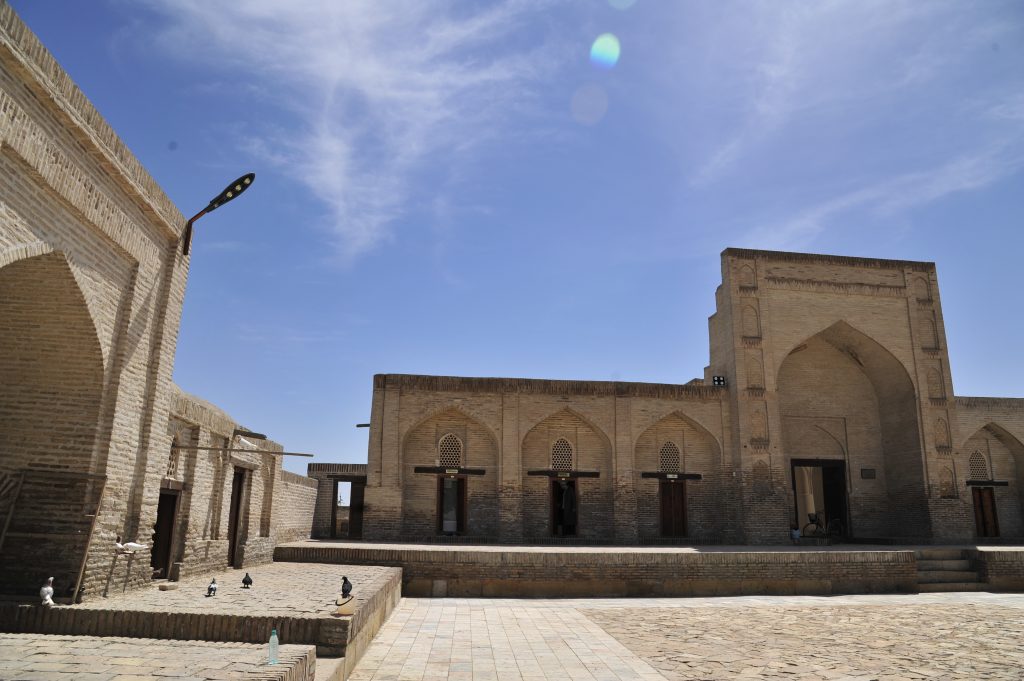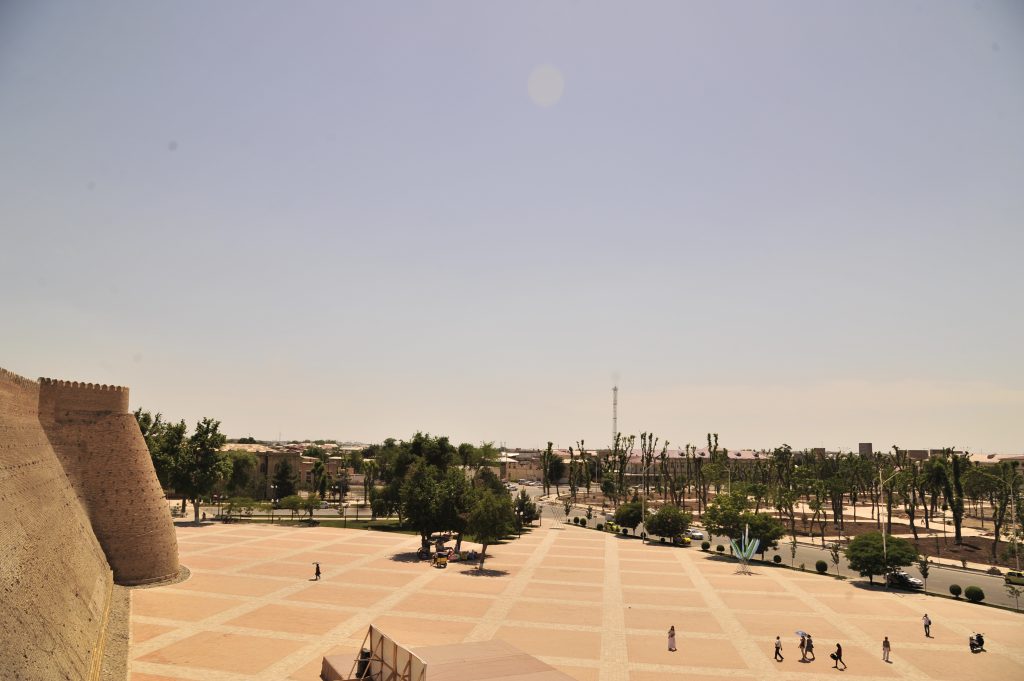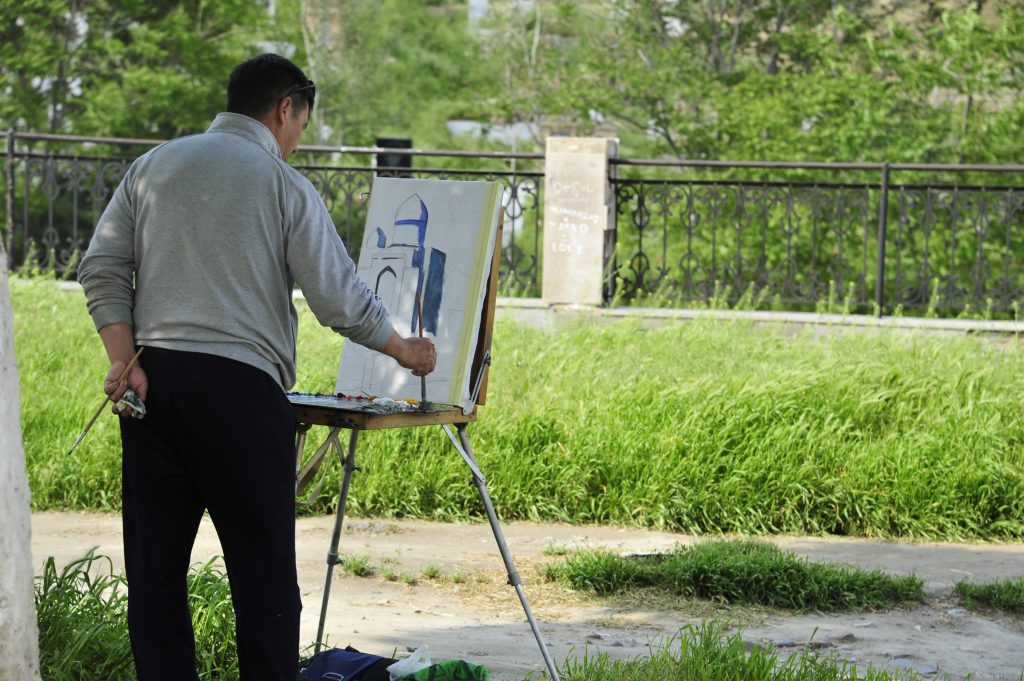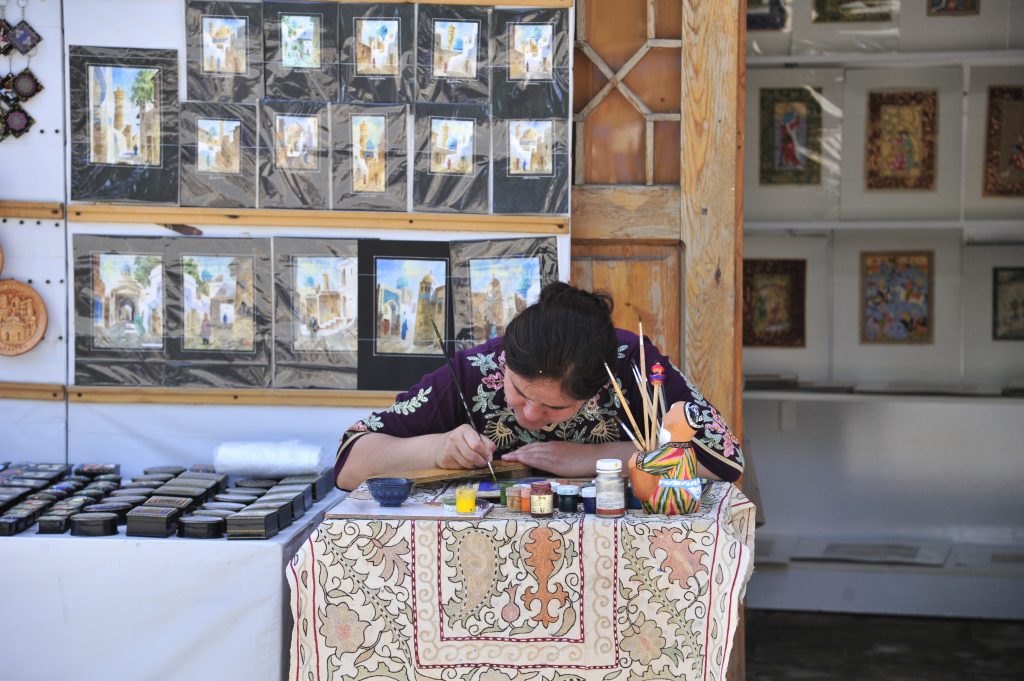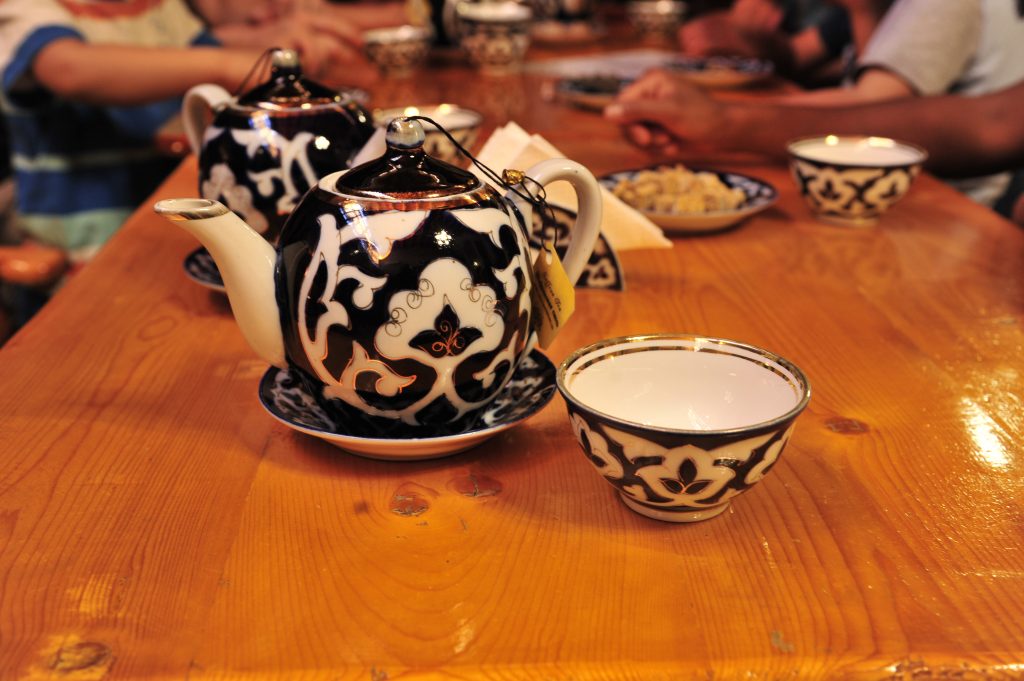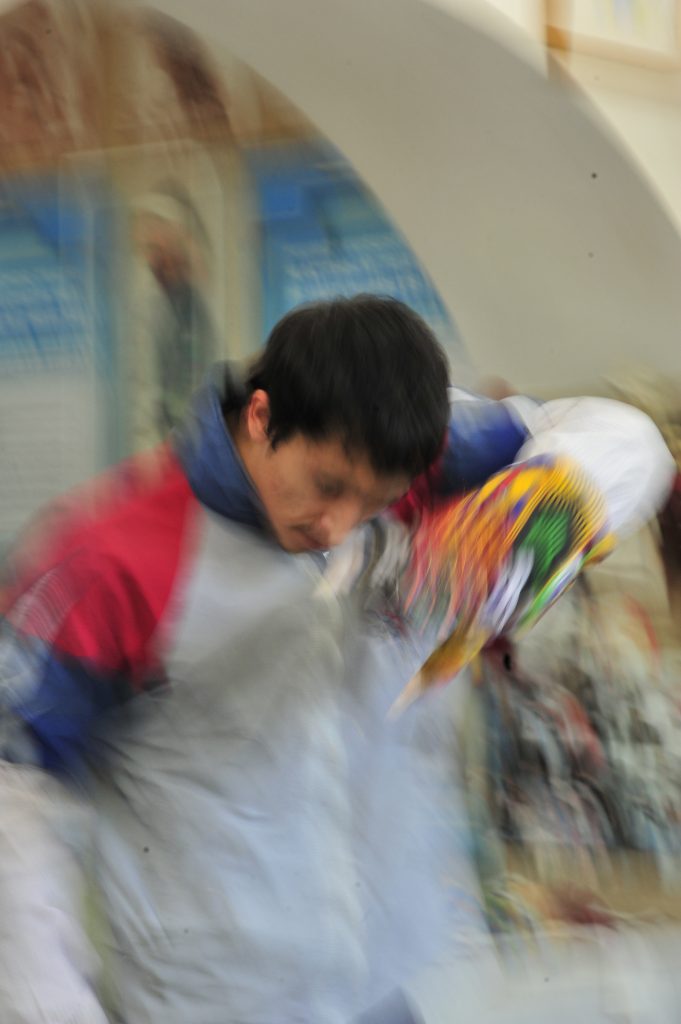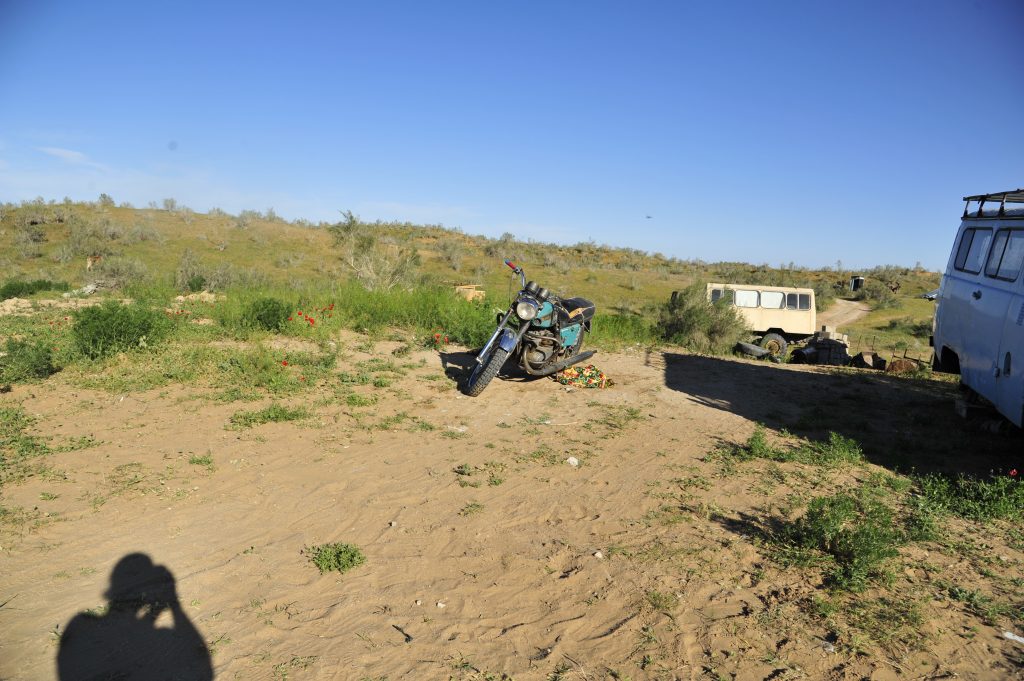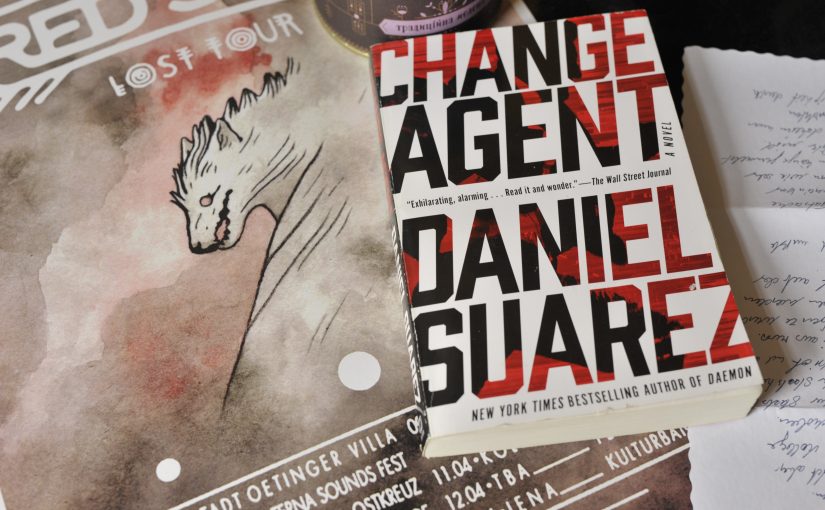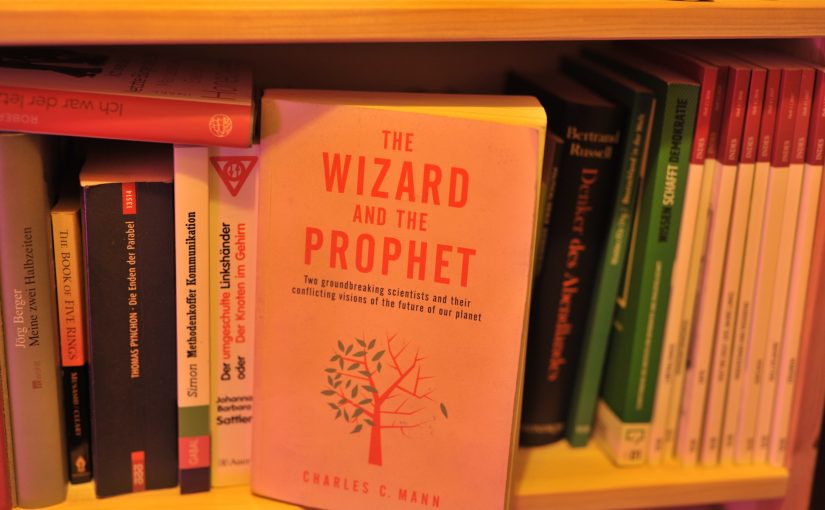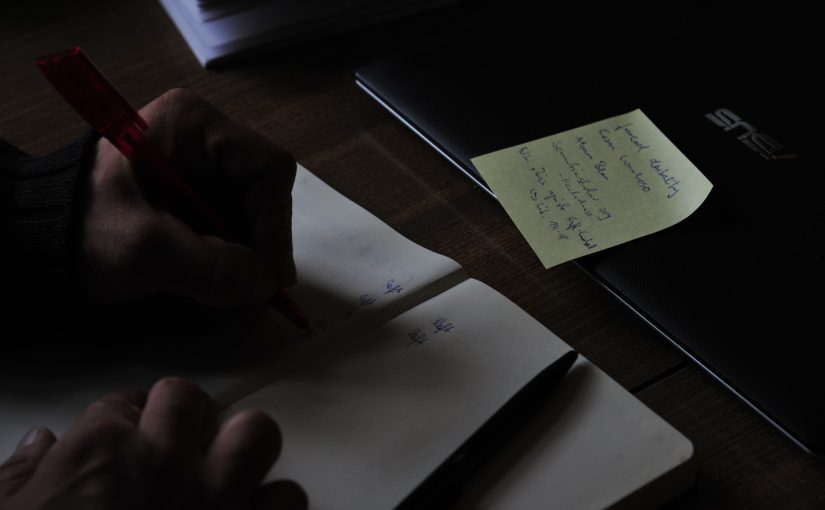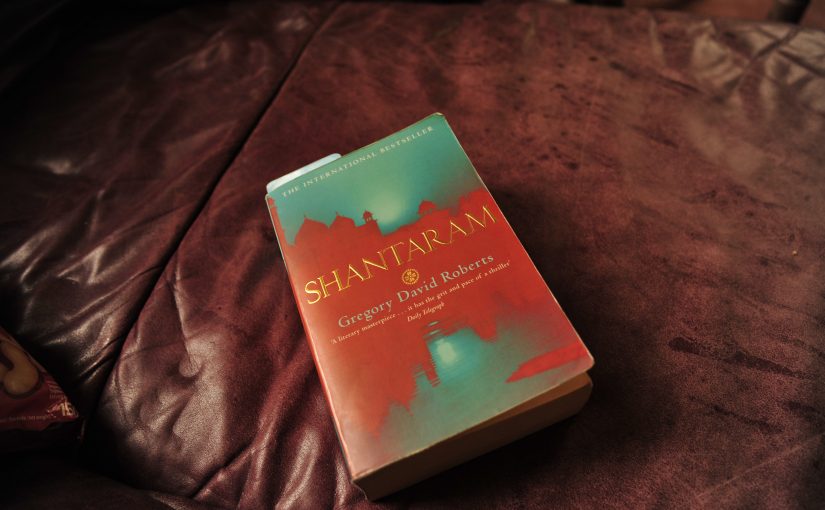A friend of mine told me last year that he and his family is planning a holiday in Uzbekistan, I thought about it for one second, asked if I could join, they said yes, so here I am.

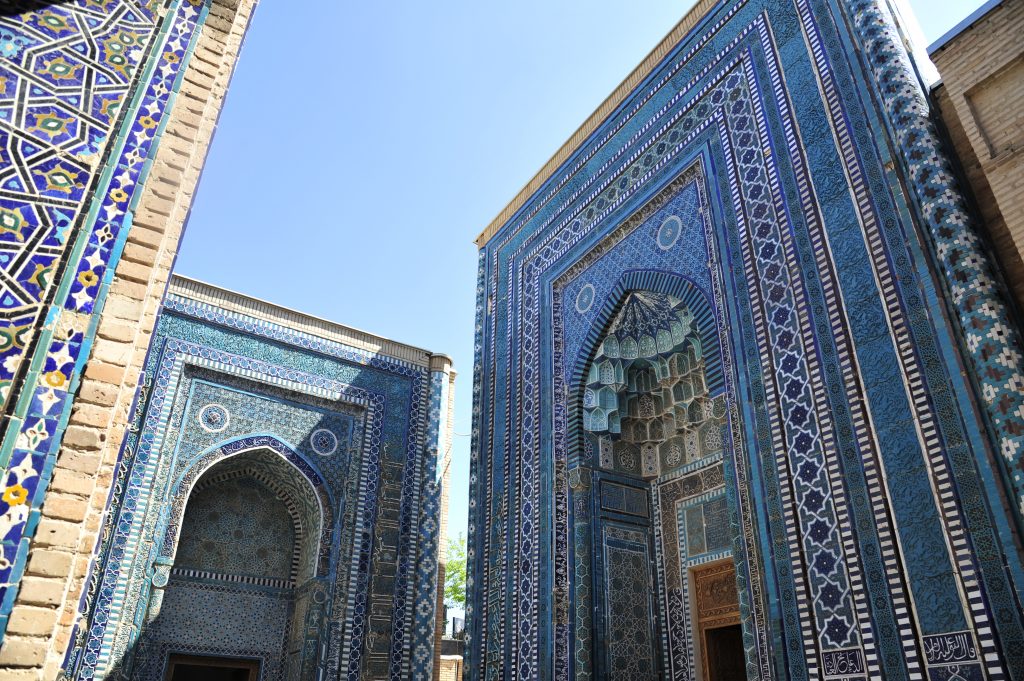
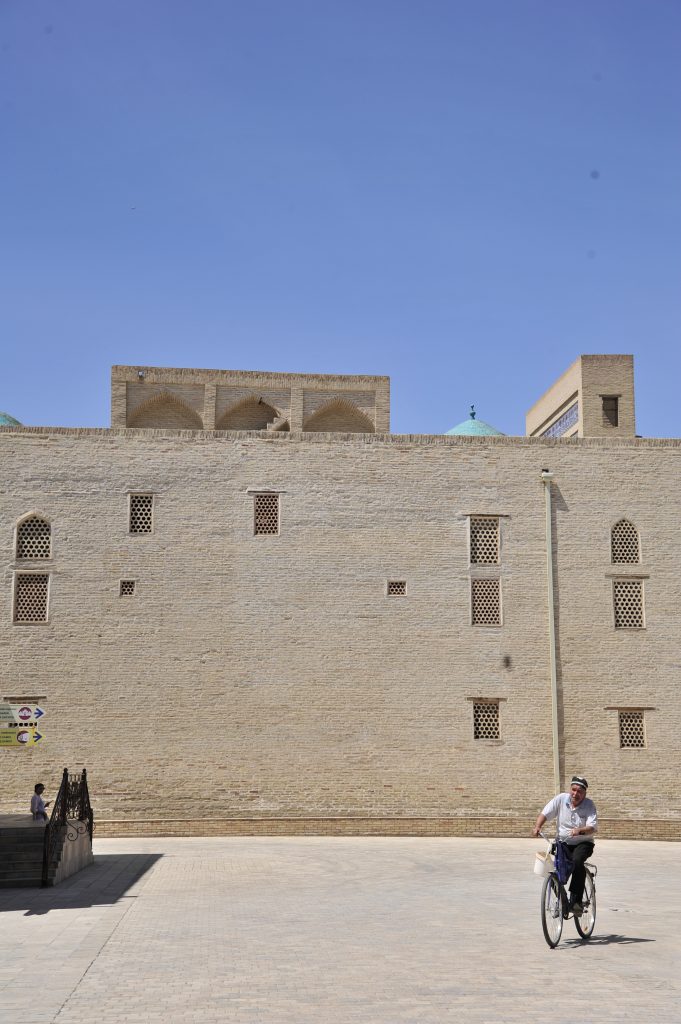

Thats right, a country thats starts with U and is not the US. Situated in the middle of Asia, Uzbekistan is a former Soviet-Union state which received independence in 1990 and then went the way of many of these states, meaning they had a leader (Islam Karimow) who ruled the country with a hard hand, leaving little room for freedom of the person. If you want you may call these leaders dictators (I sure would), but keep in mind that this perspective is western-centric. But ok, this is no political text so here´s a fun fact about Uzbekistan: it is one of only two countries in the world which has no access to an ocean and is surrounded by countries which also have none, meaning you have to cross two borders to see some seawaves; the other country is Lichtenstein, which is even more unknown and solely exists to serve as a tax haven in the middle of Europe.
I flew from Berlin via Istanbul and my first conclusion from this trip is that I now officially dislike flying. I was never fond of it before but the waiting and sitting around airports and then being cramped into a can with hundreds of other people, it just annoys me. Sure, I can read a book or listen to music, but I can imagine a thousand more pleasant locations to do this. Also, everything is overpriced on airports. And yes, of course theres the environmental aspect (sorry Greta). Also tourists rate pretty low on my list of groups of people I feel comfortable among, somewhere between businessman (which is maybe the second most groups on airports and plans) and drunken football fans. Most of them are ok of course, minding their own business, some are even nice to talk to, but some are arrogant, selfish, with a me-comes-first attitude, these guys who always have to be first at check-in and then take forever to take their f… seats in the plane. I don want to hear their stories (but have to because of the cramped locations), I don´t care where they´re going to or coming from, I want to have them out of my sight, I don´t want to spend time in their vicinity. I´d rather take a one day trainride or a weeklong motorbike trip than a one hour flight. Of course, some locations can only be reached by plane in a reasonable time but next time, I´ll fly business class to have at least some peace and also to pay a more reasonable price, because flying in my opinion is way too cheap and by that I mean that it should cost 5 or 10 times as much (Hello Greta).
Ok, this will be the only ranting part of this text, I promise, just wanted to get it off my chest and it also fits my terrible mood at the end of the flight. So lets start with something useful, shall we.


Tashkent
I arrived at 3 in the morning and fortunately got picked up at the airport and brought to the hotel but then had trouble sleeping so half the day was lost. In the afternoon I joined on the tour through the city, we saw a huge food bazaar, where each foodgroup has its own area (bread, fruits,meat etc.), different smells every 20 metres, but compared to other bazaars I´ve seen much more relaxed. In general people here are kind of reserved, friendly, open, relaxed, haven´t seen any trouble or experienced any nuisance. I´d compare it with an eastern european city but Tashkent has its own touch.


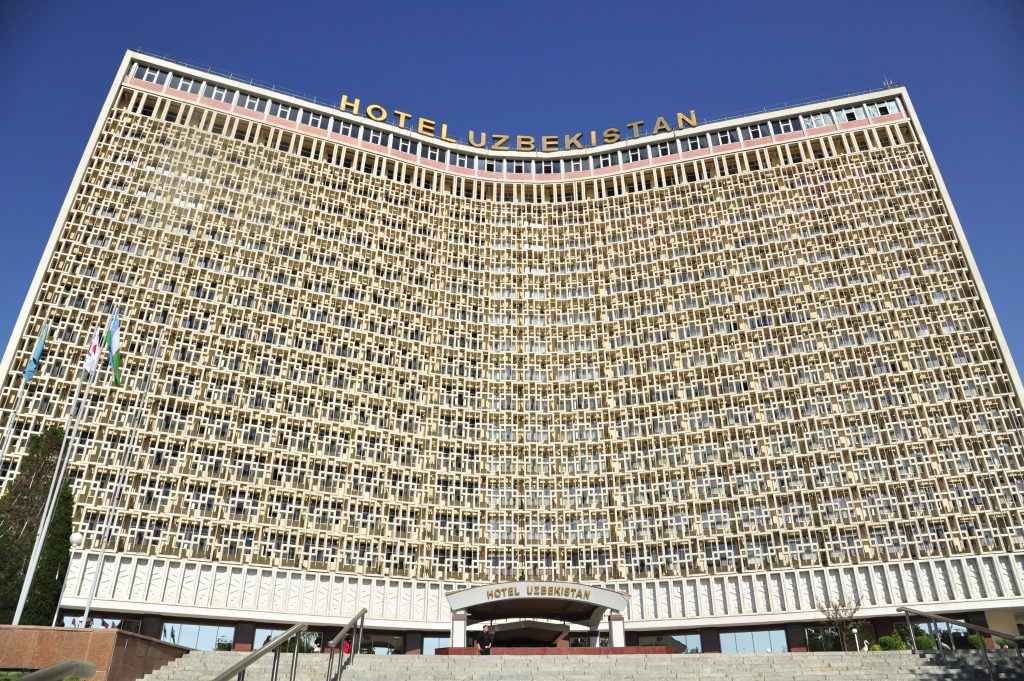
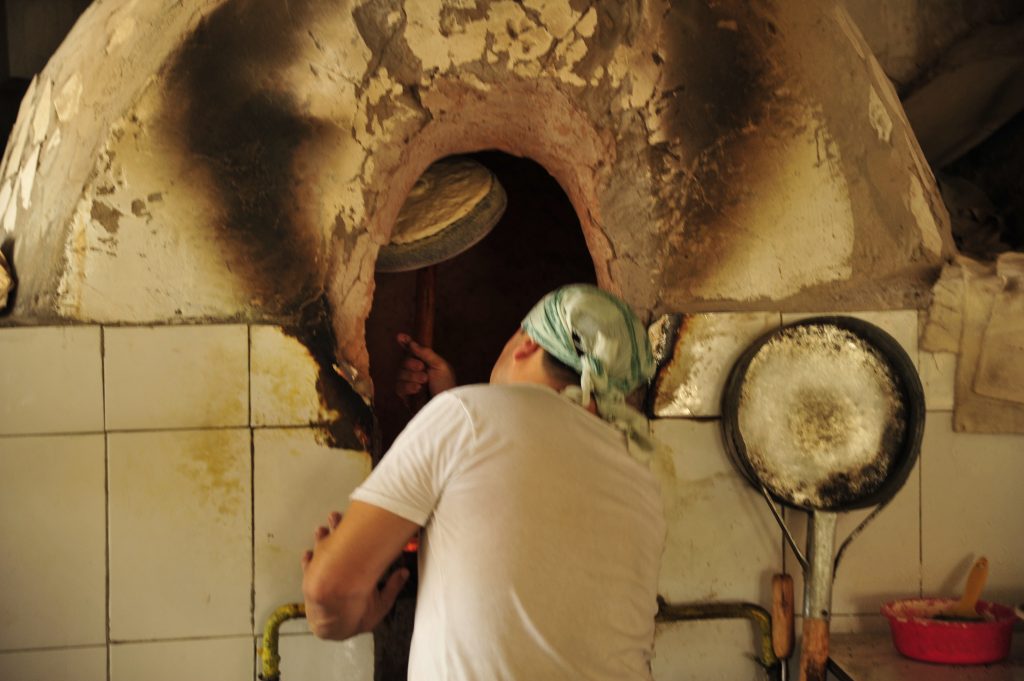


So we took a stroll around town, next day too, visited the zoo (didn´t like that one but I´m not an expert and am also not fond of zoos) and I´m kind of impressed by Tashkent, large open streets, lots of green, buildings that combine the very old, the old and the modern.
Had a very interesting talk today about the history and current situation of Uzbeskistan, the stuff you´ll never learn from wikipedia etc.
The state of Uzbekistan exists since the middle of the 19th century, when all the Khanates. Khanates and Emirates have been the governmental structure till then, both meaning that there was a ruler who had its own small kingdom, the difference being that a Khan is a direct descendant from Dshingis Khan who apparently had a lot of wives and therefore countless of offspring and the males and their offspring were allowed to rule over their designated part of land. Emirs basically had the same power but were no descendants. And there were lots of wars between these kingdoms so I guess that the unification had kind of an relieving effect of the people, their culture, arts etc. A prominent person in the history of almost all central-asia is Timur Tamerlan who conquered a huge area. But ok, for more history, well you know where to find it.



Another interesting thing which got solved by the conversation is that although Uzbekistan has a 90% muslim population and you´d expect it to look like e.g. Iran, the city picture is a different one, I haven´t seen any mosque or a lot of people wearing typical cloth (it will be different in Samarkand and Buchara I think). This is because in the Soviet-Union religion was ‘prohibited’ and people had to perform their customs in secret. After the collapse of the SU in 1990 things were mostly kept as they are and the funding of prayer houses was still difficult to impossible. In Uzbekistan this has led to tensions and even very violent outbreaks in the Fergana Valley were fundamentalists have been opposing this and were trying to form their own state in the state with everything that muslim fundamentalism brings with it.
The most encouraging fact that I got to know though is that after Karimows death and the takeover of the new president Mirzioyew Uzbekistan has become or is on the fast way to democracy. Freedom of speech, freedom of art, economical freedom and so on are all more or less guaranteed. Uzbekistan is opening up to the whole world and does not restrict itself to doing business only with the Russians, the US, the EU or China alone, no, everybody is invited to come here, invest here, people here are curious to see what everybody has to offer. And I wager a bet here: In ten years from now on Usbekistan will be among the top 10 countries which have increased the status on the Human Development Index during this time.

Samarkand
So, on day three we took the train to Samarkand, an old silk road town and once capitol of Timurs empire. The silk road was an ancient trade route from China, India, Eastern Russia to the Near East and Europe and it lasted from way before BC till the 14th, 15th century. Trade was mostly one-directional, spices, fur and of course silk were trade for money and weapons (guess times never changed) but again I´m not an expert and you know where to find more information.


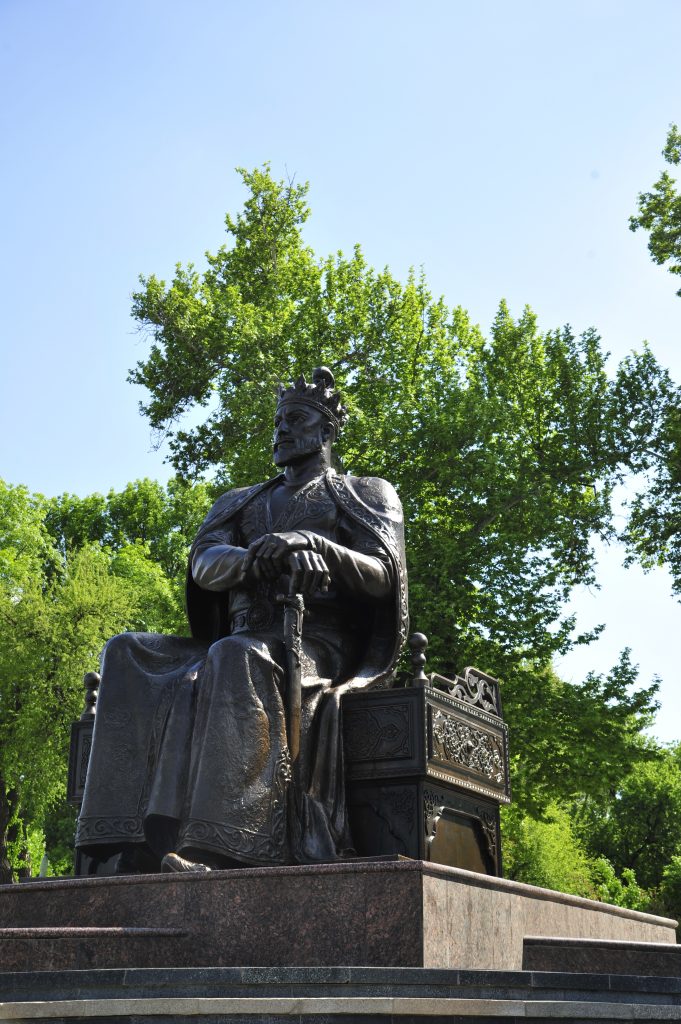
Ok, two days in Samarkand and I´m really impressed now. It is kind of touristy but its not (yet) what another member of our group called ‘disneylandification’, like I´ve seen in other famous spots throughout the world (e.g. Vienna, Rome or some stuff in India). Theres a lot of history here, some impressive islamic architecture. We visited the Mausoleum of Timur and I got some background on him. He was and is the national hero of Usbekistan. Was, because he started his conquering in the late 14th and 15th century from Samarkand and attracted a lot of scientists, prophets and other important people to the area making it one of the cultural centres of the middle asian world. This heroification then took a sharp break after the Russian revolution in 1919 and later the founding of the Soviet-Union. It didn´t fit into the curriculum of the great Soviet-Empire to have local heroes. Only after the breakdown of the SU things changed and Karimov, then president of Usbekistan ‘used’ Timur as a national symbol to fill the void. Timur and his descendants surely left their mark and these can still be seen today.




We visited a museum about the old Samarkand today and I have to correct the history part a bit. Samarkand is actually a lot older. Its roots stem back to 500BC something and for the next 1,500 years it developed into an important and rich town on the silk road with mosques, state of the art houses, sewers etc. In the museum they displayed some ceramics, jewelery and even small glass phioles presumably used for perfume. In 1220 Dshingis Khan and his Horde came and burned the whole city down to the last brick, so heavily that the survivors decided to build the ‘new’ Samarkand in a different place. The ruins of the old town have only been excavated by archeologists in the 19th century. So, back in the 14th and 15th century Samarkand rose to new (in)fame by said Emir Timur Tamerlan who was was more or less a warlord known for his cruelty. It is said for example that he used to built pyramids with the heads of the people from the cities he conquered; when he conquered Baghdad this headcount was supposed to be 70,000… So, ok, the national hero of this country was actually a butcher. From the viewpoint of his people though, a patron of arts, architecture and culture.
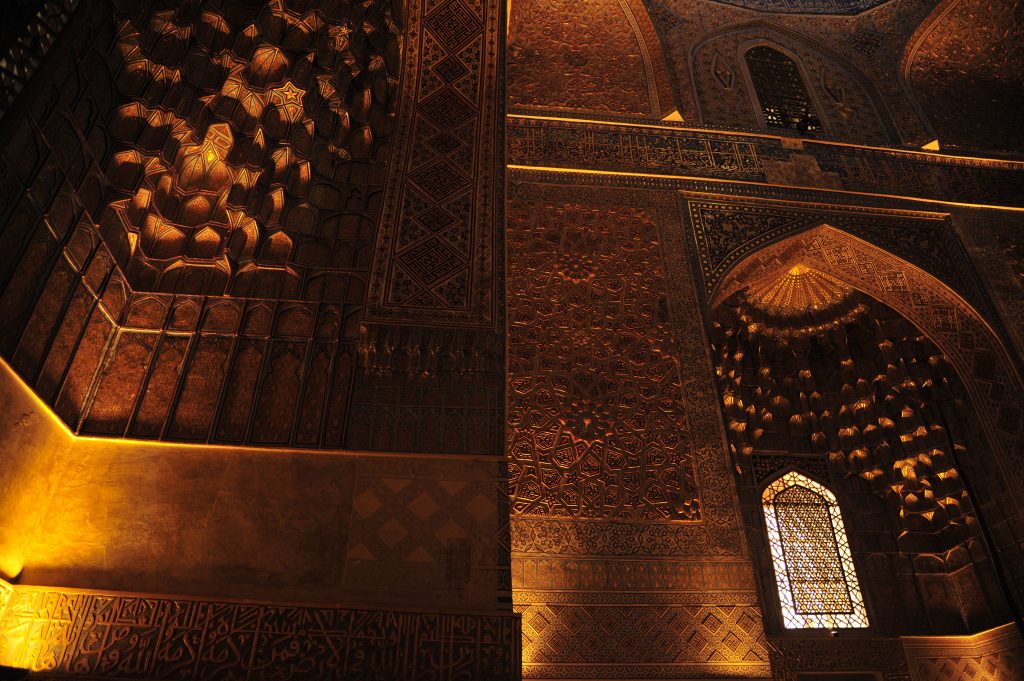
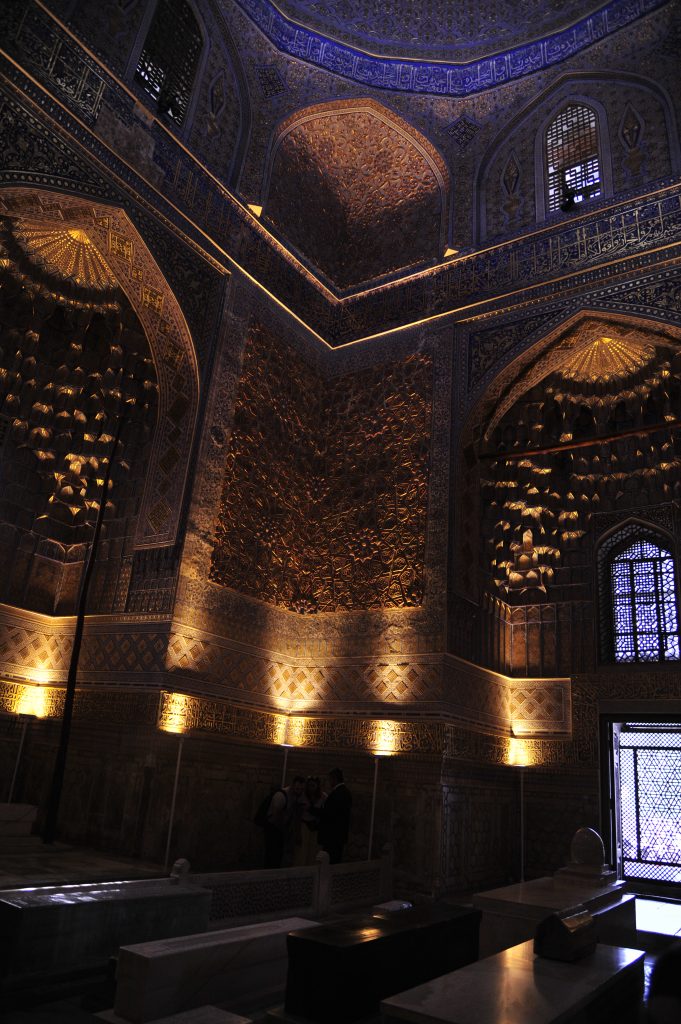

So, we´re leaving Samarkand tomorrow, heading for a desert camp where we´ll stay for 3 days and where I hope to shot some night-sky pictures, the tripod is waiting for action. We´re having a great time so far with lots of impressions so its time for some small stuff.
Our traveling group.. We are 10 people, the schoolfriend of mine, his wife, their two kids, the father of the wife and another befriended couple of them also with two kids. The oldest of the kids is 4 years, so this is not the standard holiday, but rather like a funky kindergarten on tour with hilarious and funny moments and the pace is definitely set by the kids. And this is cool all round. Kids are stressful and sometimes I don´t want to be in the parents skin but I admire them. My biggest gain from this trip so far besides all the scenery has been the determination to have own kids. Not that I had it before but the thought has been strengthent somewhat.
Motorbikes.. I have only seen two motorbikes so far and no f… Vespas or motor-rollers, which is really strange. You normally see these everywhere in any big city around the world, especially in Asia, its just the most convenient way to get around fast, but here – no such thing.
Dogs.. Also I haven´t seen any dog, none. You also see at least some of these, either stray or as home animals. Strange.
Food.. The food is great here, lots of meat like in any former SU-state, all cooked well. I especially love Plow and Pelmeni, its Great, as Donald would put it.
Beer.. Ok somehow, the local Sarbast is a good one, the rest so nana.
Nightlife.. You´ll have to ask someone else. I spent the evenings at the hotel talking to my friend whom I see maybe once each year and the evenings when his kids are asleep is the only time he has a free head. Anyways, nightlife I can have back home.



Steppe
So we drove from Samarkand out through grassland and fields to reach our next destination: a jurt-campside far out in the bushlands.
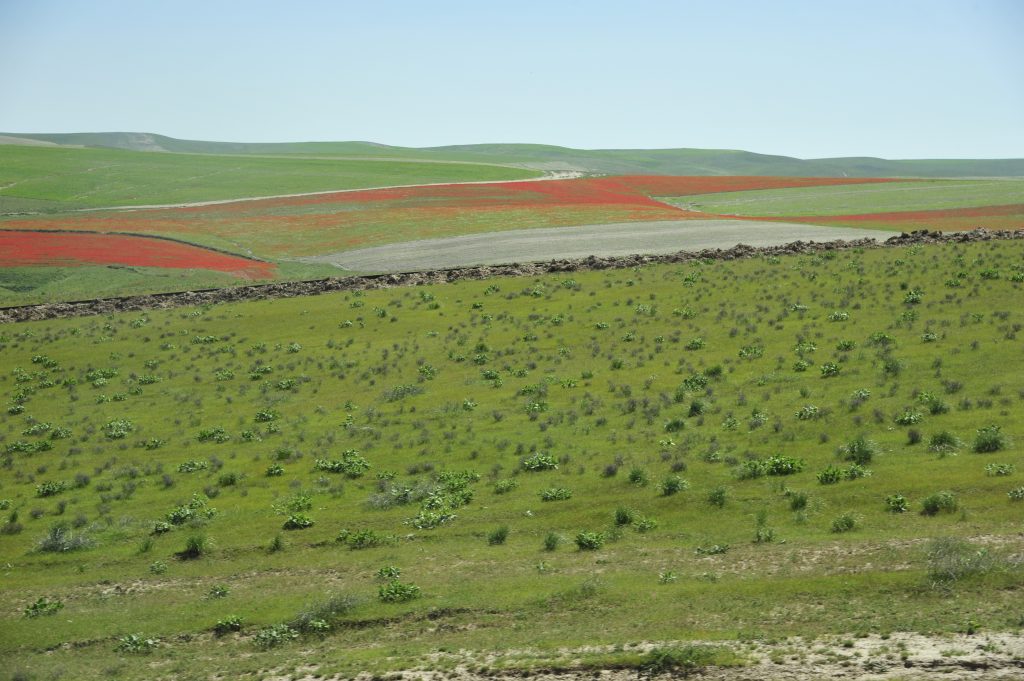
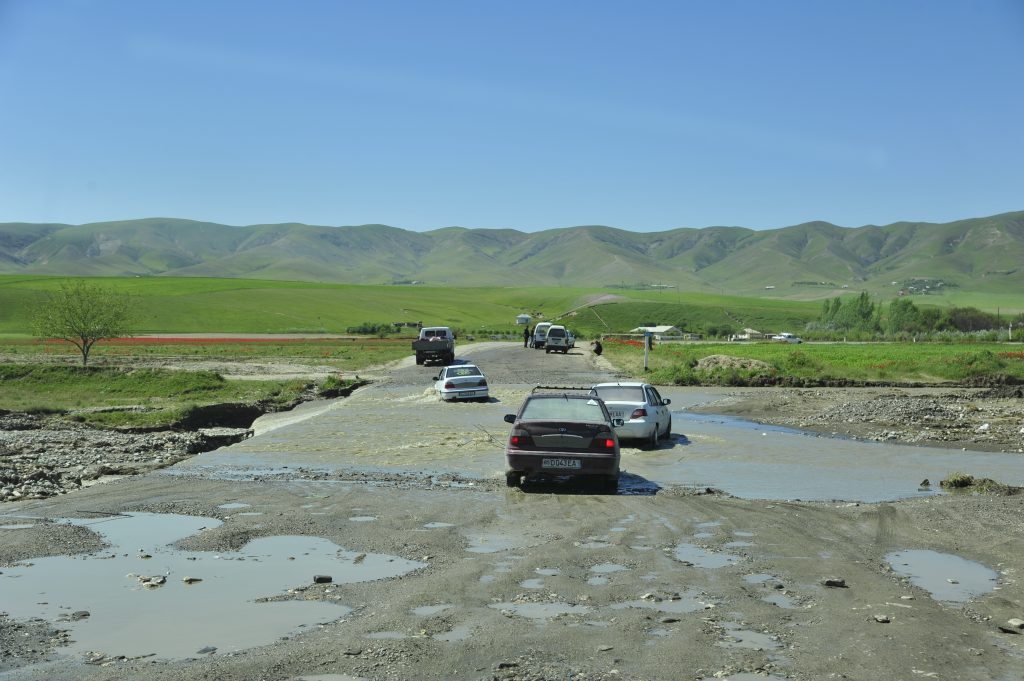

The way was very scenic or at least what I would consider as such. I love being on the road and this very monotonous landscape has something epic, meditative and reminded me of Iceland and especially of Namibia.


On the way I learned from our driver that the ecological disaster of growing cotton has been turned down somewhat during the last years. In the SU Uzbekistan was famous for its huge production of cotton for which the agroengineers took huge amounts of water from the countries biggest two rivers (which led to the drying-out of the Aral Sea, check it out on wiki, its a f… shame) to turn this dry land into cotton fields. So, you see that man-made environmental disasters are not a new thing and are not only a thing of the western world, on the contrary, I´d even say that in communist or socialistic states the ecology is way lower on the political priority list, if not last, than in democratic countries. That is in my opinion due to the obvious fact that in such states its easier to pull through large monstrosities which bring economical gains at any cost (e.g. russian nuclear power plants, the Three Dam project in China or this river detouring here in Uzbekistan) but also because such undertakings are the easy way to even out an otherwise inefficient economical system. Also of course there is no democratic process where scientists or the people have a voice for constructive opposition.
Anyways. The camp was quite unspectacular (compared to Samarkand), more quiet and serene.

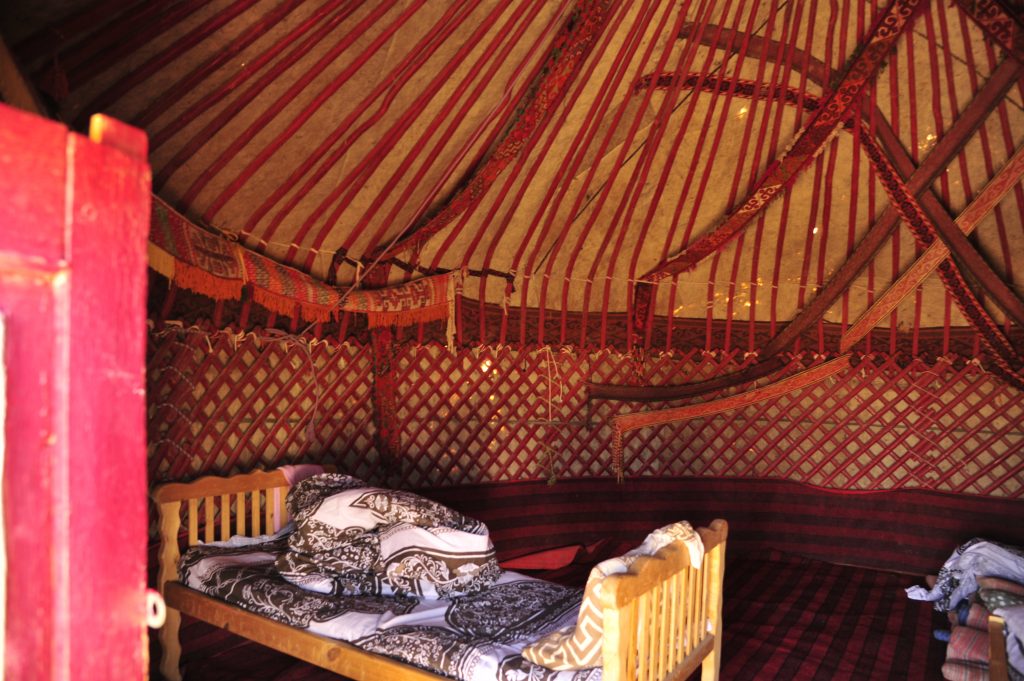

We took a small hike into the steppe where we spotted some small wildlife: desert foxes, rabbits, lizards, birds and even tortoises.
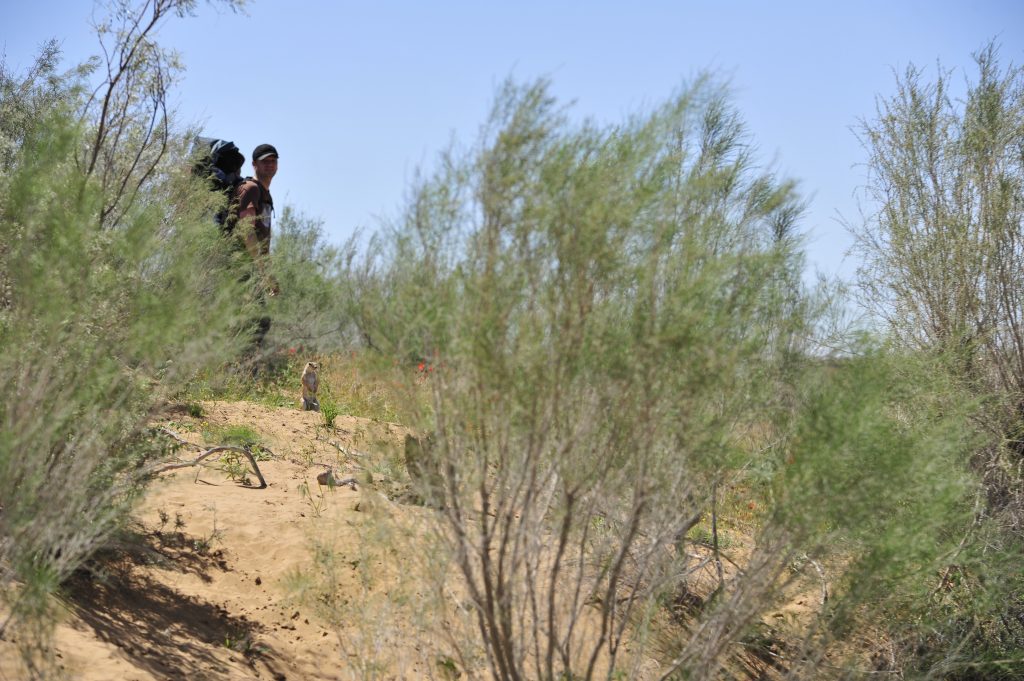
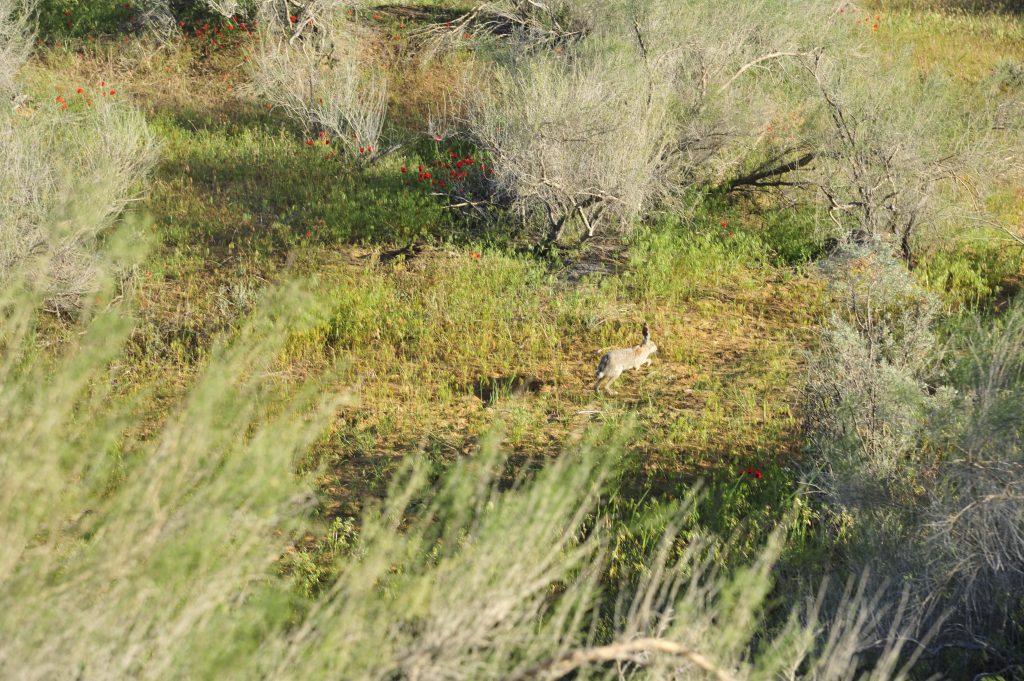

Each evening they put up a fire and a local musician performed some traditional songs. Quite interesting. Unfortunately one of the concepts of the owners seems to be to get visitors drunk so there was a bottle of vodka on each dinner table and the other guests made heavy use of it. So after the traditional music part there was disco with drunken people and I ha.. Ok, no ranting, I promised. My nighttime activity was set anyway to trying some star-sky photography and I am quite content with the result although I think theres room for improvement. And either I´m blind or unlucky but there was no milky way visible which would have produced more spectacular results. But hey, we´re born to learn and improve, so see you next time stars with better equipment [for the techies: The best lens for this would be a wide-angle or even better a fisheye with a high aperture rating, something like a 12mm/f1.8. My widest is only a 24mm/f4, so I can improve on that. For taking “static” star pictures you open up the aperture, raise the ISO and set time to max 15s, or even better use a tracking system, I can also improve on that. For “startrail” pictures like below, its the opposite, close the aperture, low ISO and time is the only limitation to the length of the trails. With the same amount of time, the further away from the north star, the longer the trails are.]
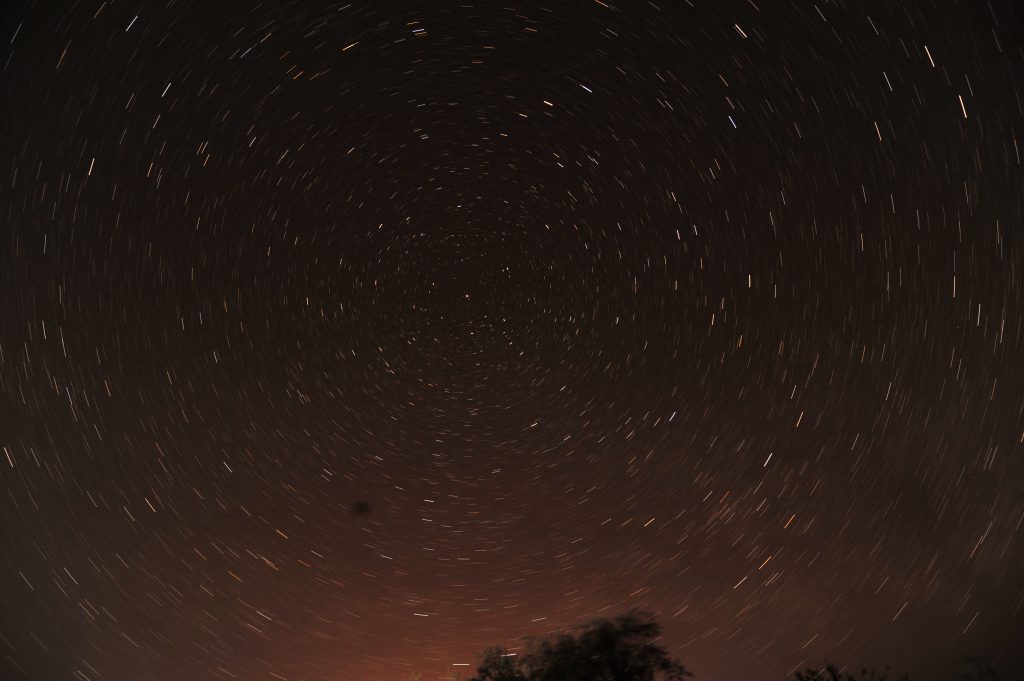
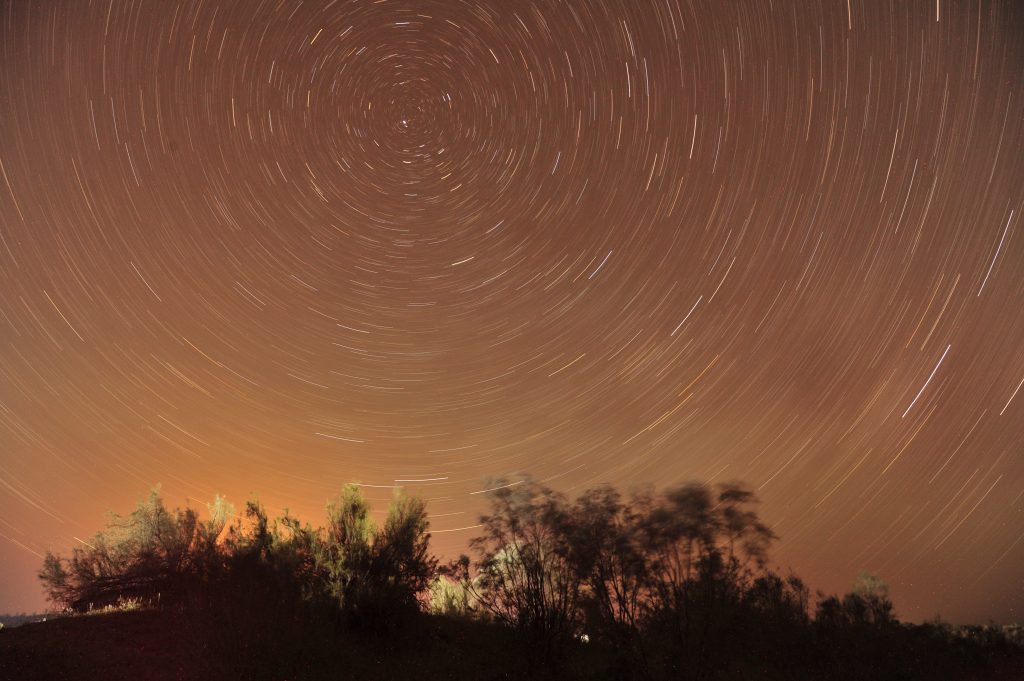
It´s our third day here as I´m writing this and today I took a day off, the others have gone swimming to a lake but I stayed here to relax, read, write, slowing down, this is a holiday after all, and tomorrow we´ll be going to Buchara, another city bustling with activity and stuff to do. Looking at the night-sky for hours and being in this monumental landscape gets me into a meditative mood and I´m loading my subconscious batteries. It´s impossible to write down all the things circulating in my head, but here´s some piece of philosophy:
During all my travels I realized many things and especially this one: We are all the same. Some are stubborn, some are angry, some are kind, some do bad things, there are egoist, there are helpful ones, we have different skin colors, are from all parts of this planets, some even seem outworldish, we believe in different gods, some believe in nothing, some are born into safety, most are born poor, some have to fight, some die young, others get old, some get fat, others stay sleek for several reasons – but these and countless more are only superficialities. Deep down inside we are all the same, we want to laugh, seek company, love, want to do something useful, raise kids, have a roof to sleep safe under, we share all those basic needs and wants. This sounds sentimental and esoteric and yes, it is, but in my eyes this is the fundamental glue that makes us human, that keeps us together and is for me, the starting point when thinking about humanity as a whole. It may not seem like it but we are all the same.
(just a quick disclaimer: This thought is inspired by Evan McGregor who elaborates on this during his trip around the world on a motorbike when he and his crew were making rest in a yurt camp in Mongolia as can be seen in the documentary “A long way round” which I love but which is very special. And ok, to be very open now, I have to admit that this was the only time I cried during a movie, I think he does too, because this is a fundamental truth coming to light, a divine moment and I am dead sure that I´m not the only one who feels this way.) Peace.
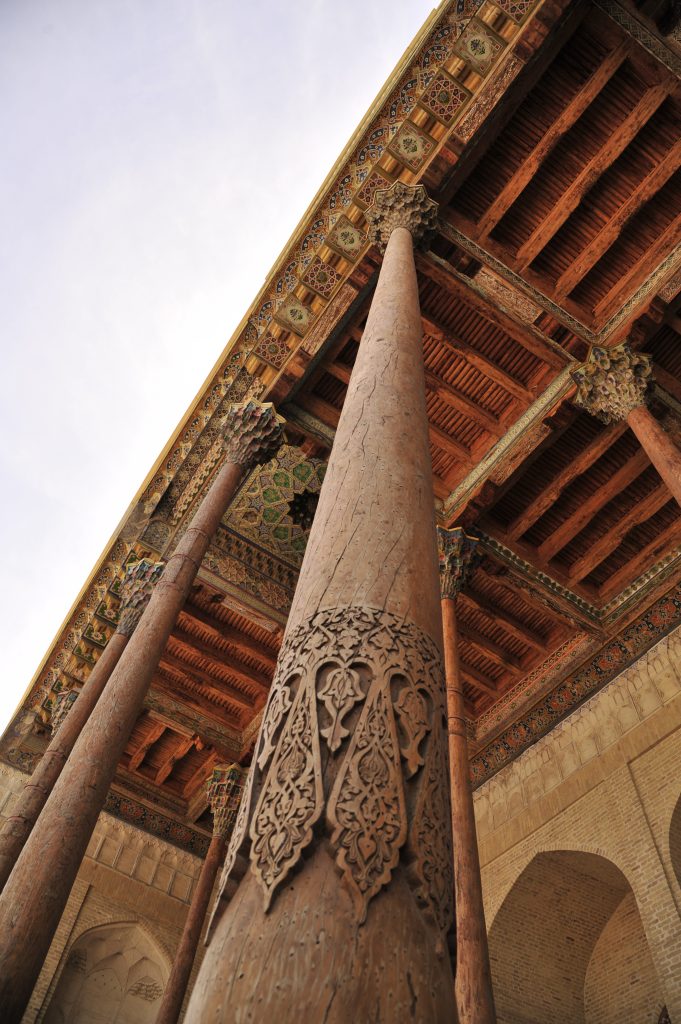

Buchara
Ok, last stage and after taking the tour around town today I already have enough. Buchara is, like Samarkand, an old silk-road merchant town and has seen less destruction and war during its 3,000 years of history than Samarkand or at least was rebuilt more often so that today here you see more intact impressive buildings (mostly mosques and madrasses (a madras is a quran school)) than in Samarkand, there is even a huge and beautiful minaret from the 12th century.

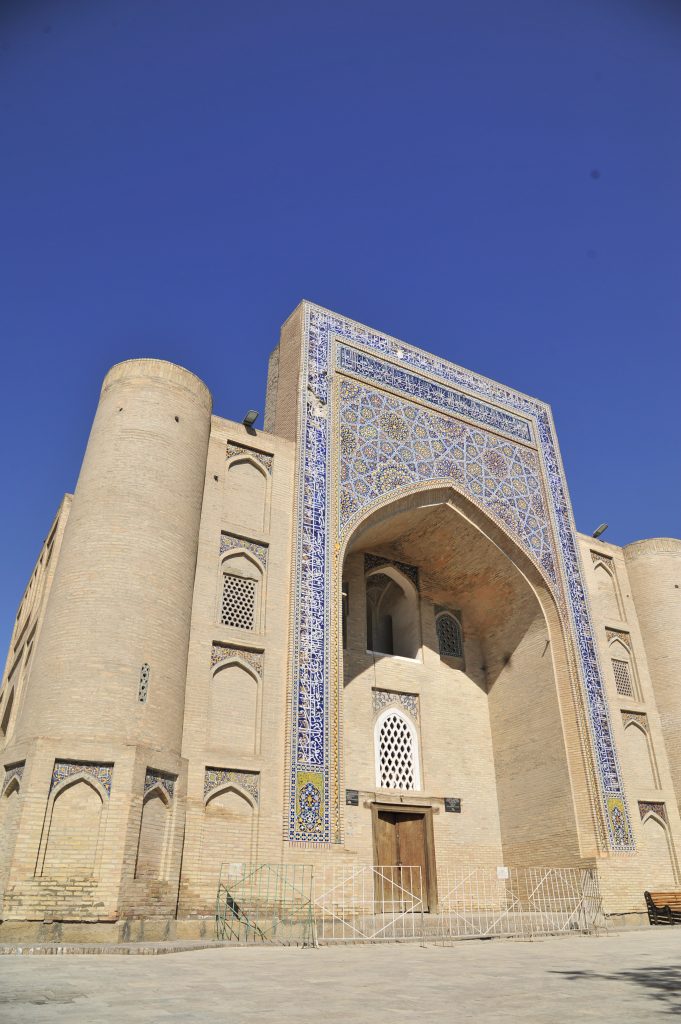


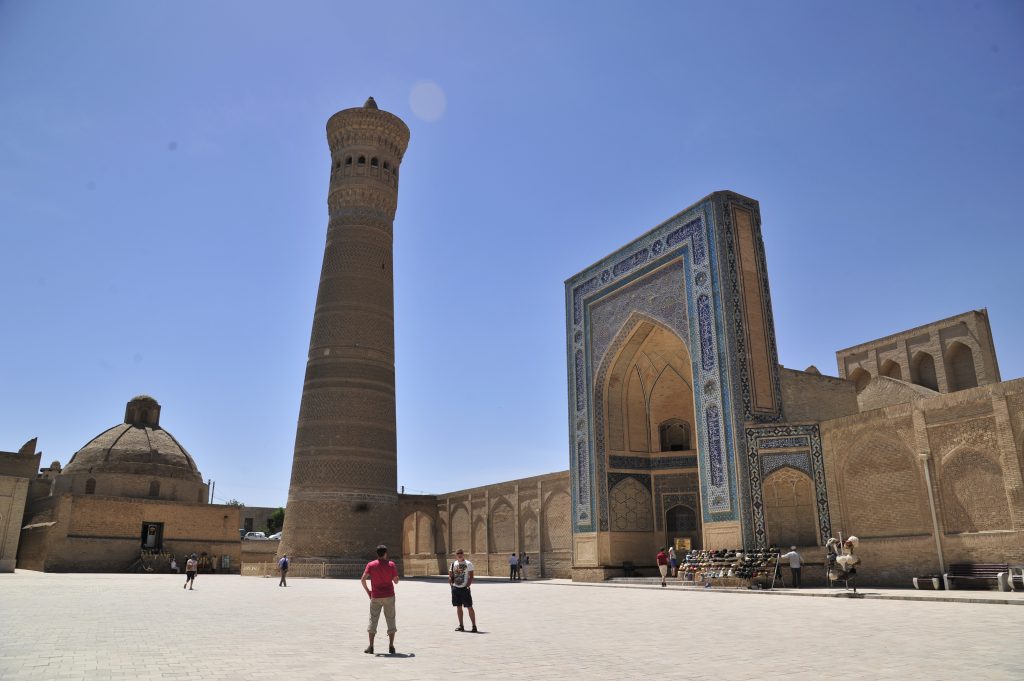

But anyways, the merchant character of the town seems to be the defining thing here and each and everywhere somebody is selling something and its also more touristy. There is more to see here than in Samarkand but honestly, the buildings (and the shops) are very generic and I can´t really remember which madras/mosques/caravansery/trade house was built by whom and when. Ok, the same accounts somehow for Samarkand but there the sights were more individual and the feel was much more laid back. Also in Buchara a lot of construction is taking place, even as I´m writing this there is noise from downstairs where they are cutting stones and its half past 6. Also our hotel room is small and dingy, the opposite of our spacious yurt. It has a nice rooftop though where I slept one night, the singing birds and the sun waking me up.

[small addendum: I´m two weeks back home now and my postcards haven´t arrived… I gave them to our hotel guy, he said it´d be no problem and now I´m really pissed… Especially because I found out an hour after I gave it to him that the post office was more or less around the corner. Ok, life is an ever-learning process: if you want to have sincerity about something then do it yourself… Anyways, I normally don´t tell names but in this case the bad stuff piles up: So please don´t go to Rizo Boutique when your in Buchara.]
But ok, I don´t want to complain but rather suck things in for 2 more days here.

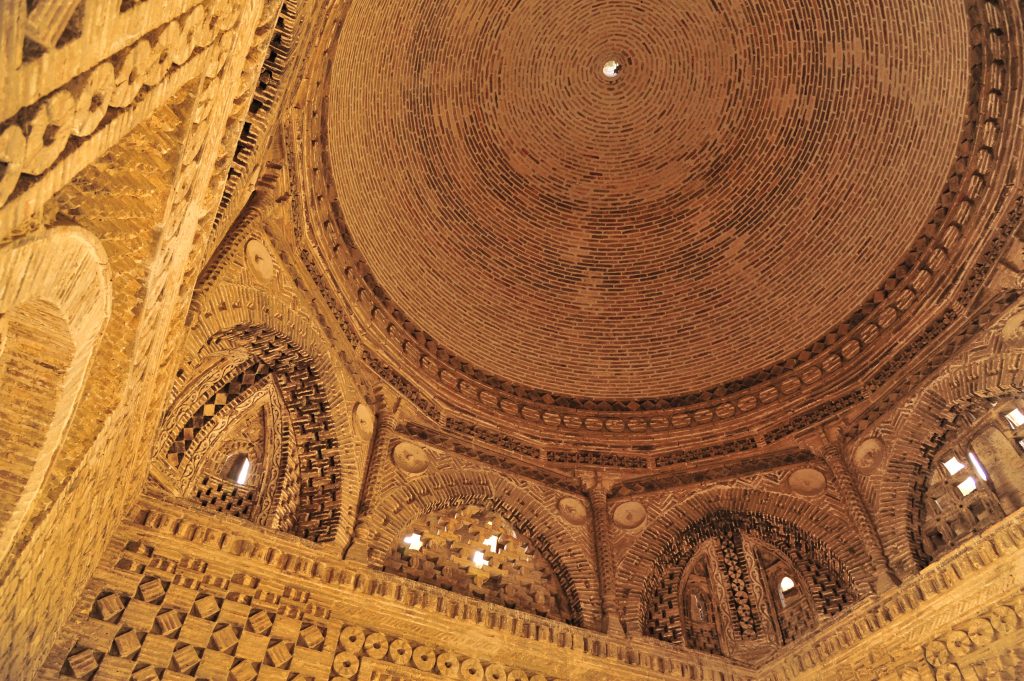
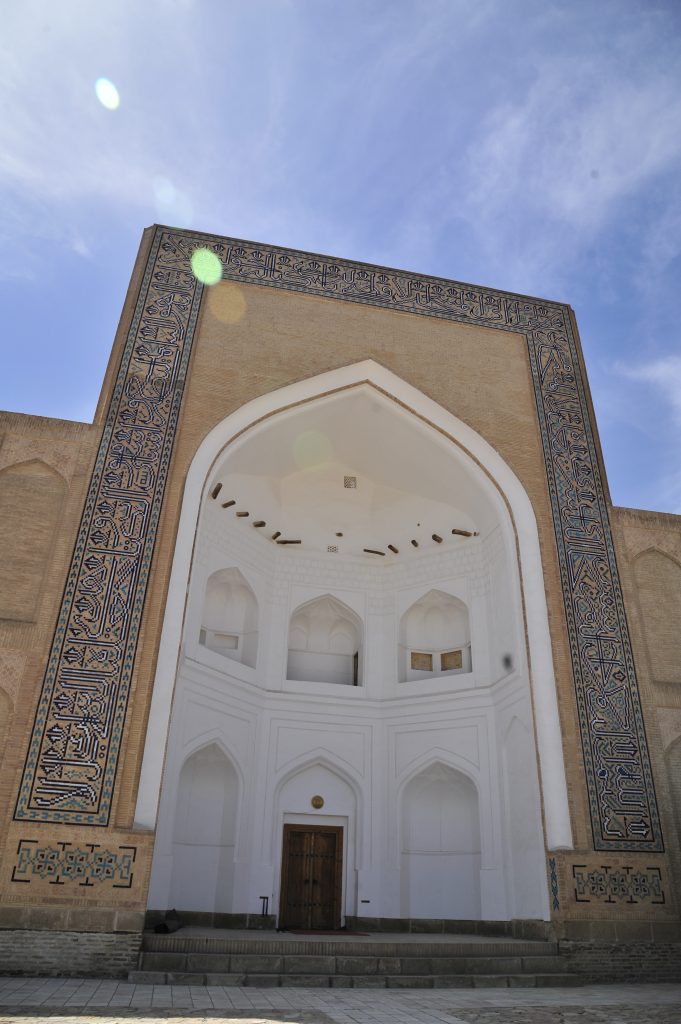

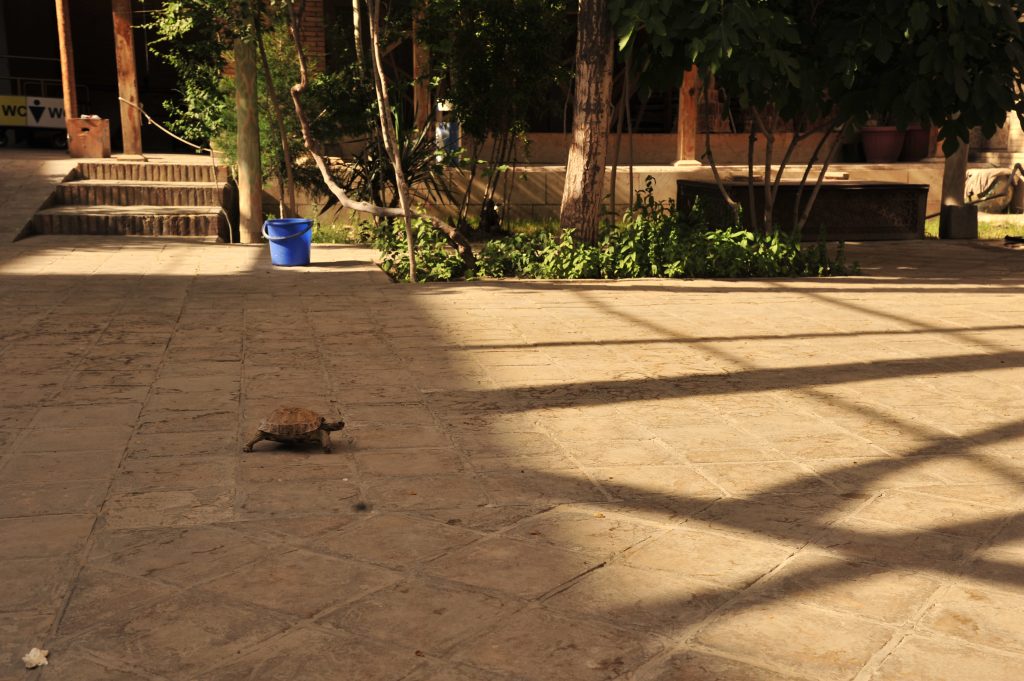
The last 2 days in Buchara went as expected, took some more photos but the scorching sun did its best to make my head feel like chewing gum. I´m not built for this climate. And also sucking things in only goes smoothly if the sponge in the head is not saturated and in my case it was already dripping. But I won´t complain, everything went fine. The same can be said about the trainride and so I´m sitting at the airport now waiting 6 hours before my flight leaves, I need to time this better next time, but I cigarettes and cola will get me through.
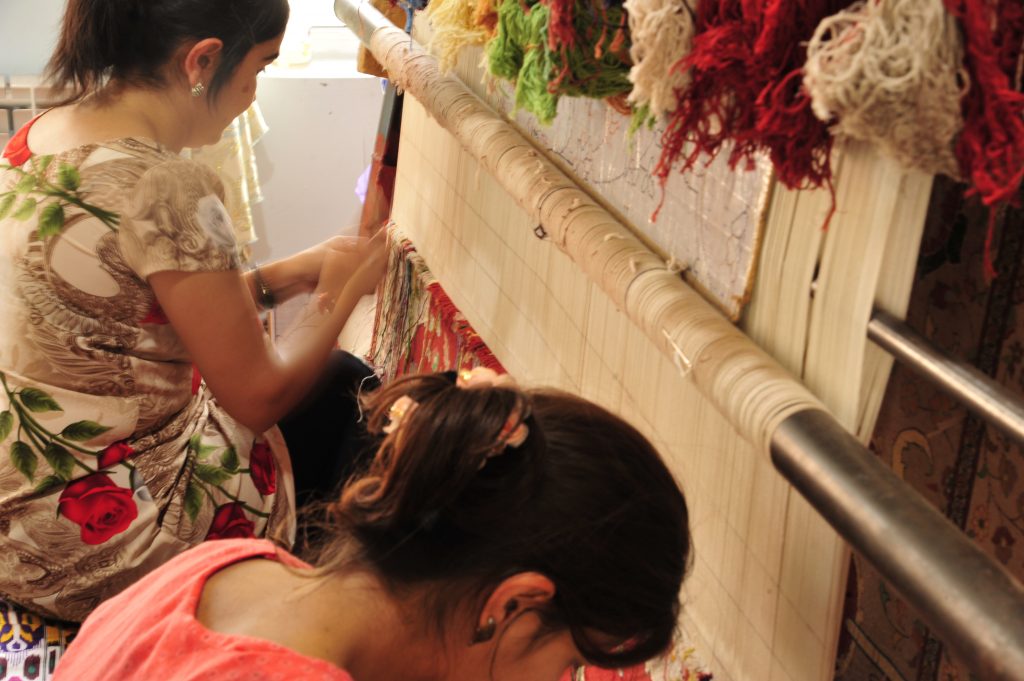
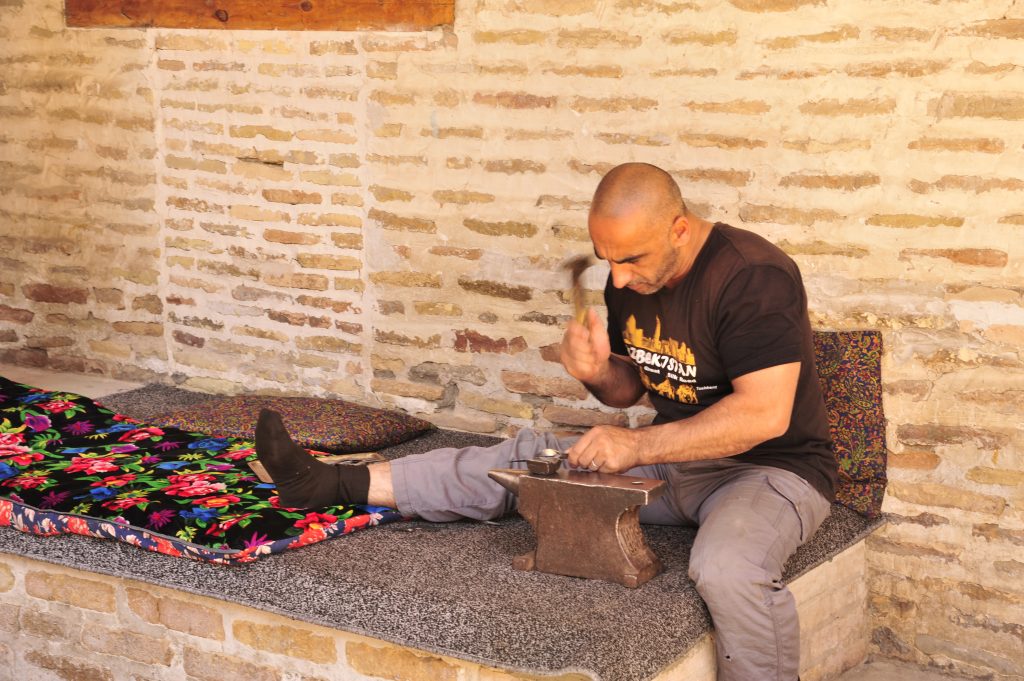
Ok, final chapter. Time for some small stuff again.
Money.. The currency here is Sum and the exchange rate is something like 9,000 Sum for a Euro. So, if you want to be a millionaire you have to exchange 120€ and you´re set. Uzbekistan is a very cheap country, our meal bills for 10 people never exceeded 350,000 Sum and we ate good, pack of cigarettes is around 8,500, beer in a bar 15,000, entrance to sights about 10,000. Getting money here works only via Visa Card or exchange, I brought some Euros and Dollers here, exchanged these and got by fine.
Criminality.. I´d consider Uzbekistan to be a very safe country for travelling, but of course: not doing stupid things applies. I tend to be a bit on the naïve side on this, meaning I leave caution aside from time to time, but so far almost everything went fine (only had a real shitty situation in Namibia but thats a different story). Our host in Buchara told us that the punishment for even small criminal acts like pickpocketing are very, very severe (first time: fine, second time: prison) so I think this has an effect.
Language.. Local languages are Usbek, Kazakh, Tadsckik and everybody understands Russian. In our group I was the only non-russian speaker (even one of the kids could speak it) and honestly it would have been impossible for me to arrange things like they went and difficult to get around. It is possible but speaking russian is a major boost.
Every holiday has come to an end and its the perfect timing in this case. 2 weeks have been enough to see all the touristy sights, our desert stay could have been one day longer and Buchara one less but ok, thats complaining on a high level. I may need one week or more to digest everything, read some more history and yes, this text is still without photos and my counter is at 1,000 so I´ll need two or three evenings to wrap this up.
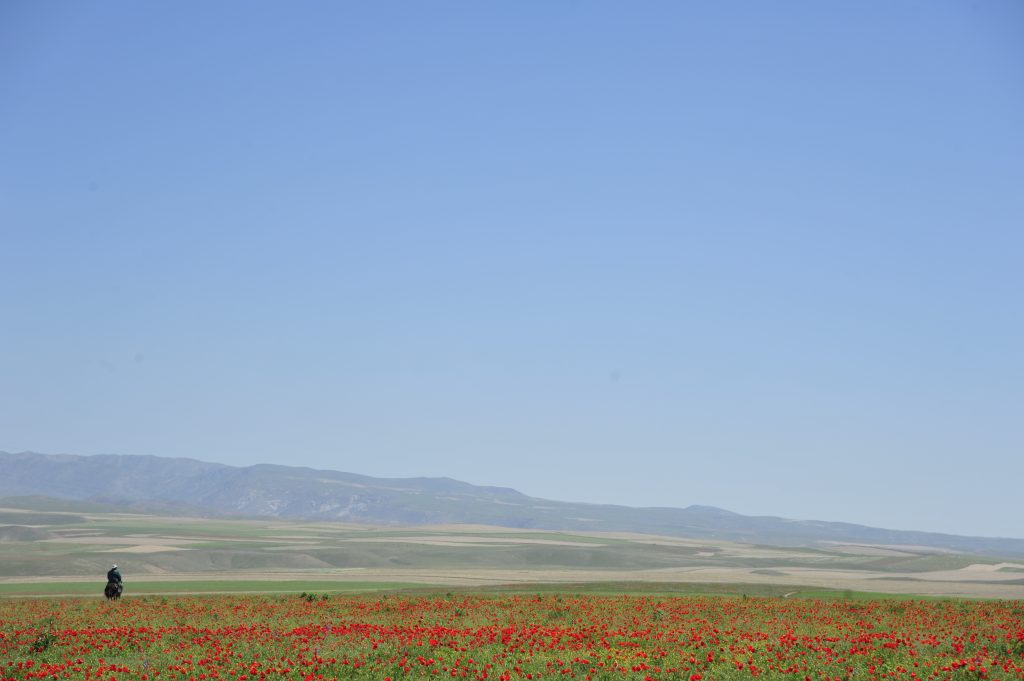
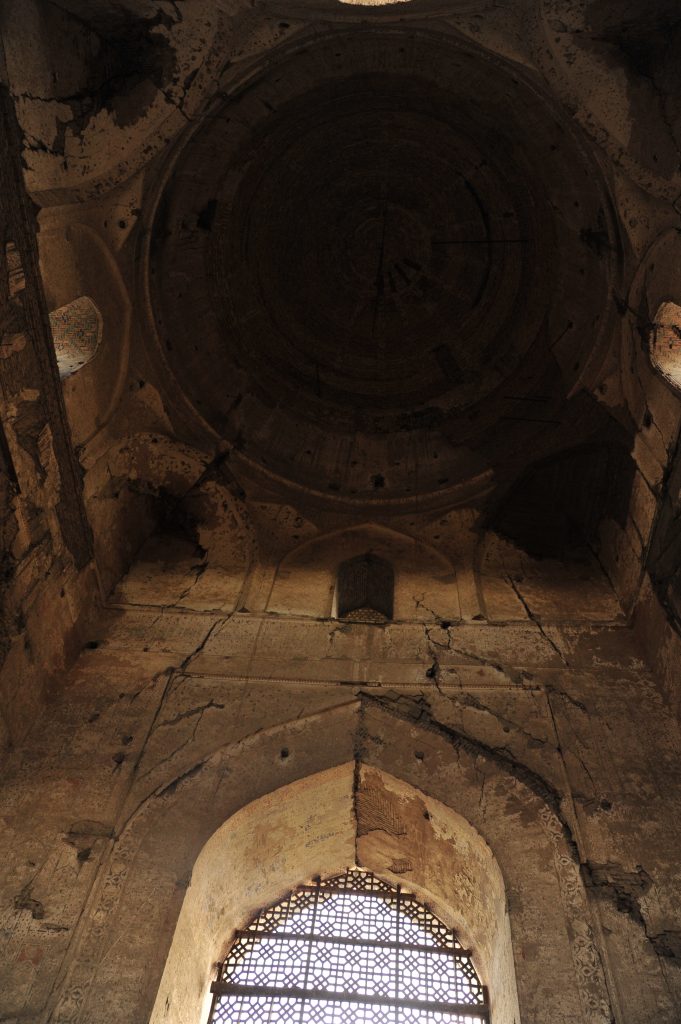
Before going on this trip and I also wrote it at the beginning, I thought that Uzbekistan is an unremarkable country and of course this is wrong, because this whole area here (I´d also include Tajikistan, Kirgisia and Kazaksthan) is full of history which is mostly unknown to us westerners and in parts also difficult to understand. History goes hand in hand with mentality, religion and mindsets of their people and there surely are differences (actually, according to my schoolfriend and travel companion who studied history the local history is also mostly unknown to western historians or, to put it better, ungraspable because of these mindset differences), despite the we´re-all-the-same. But again, I´m not an expert, an anthropologist could tell you more and in an understandable way.


Ok, now finally the last words, some advice if you also want to visit:
.. read into the history before you come here (if you´re interested in it of course). The sights here are not very well explained and the museums we visited are very basic to put it mildly. We had guides on our tour but the quality varied. So, if you don´t want to overwhelmed by facts, persons, historical dates take some time to get at least an overview (and thank me later)
.. best season to visit? Forget everything from May to August, the heat will be unbearable. Also, because of the continental climate, the winter can be really harsh. So, I guess March, April, September and October may be the best months but I´m not sure about rain periods.
.. language. As I wrote above, speaking russian helps a lot.

And before I forget, there are motorbikes and dogs in Uzbekistan. 🙂
